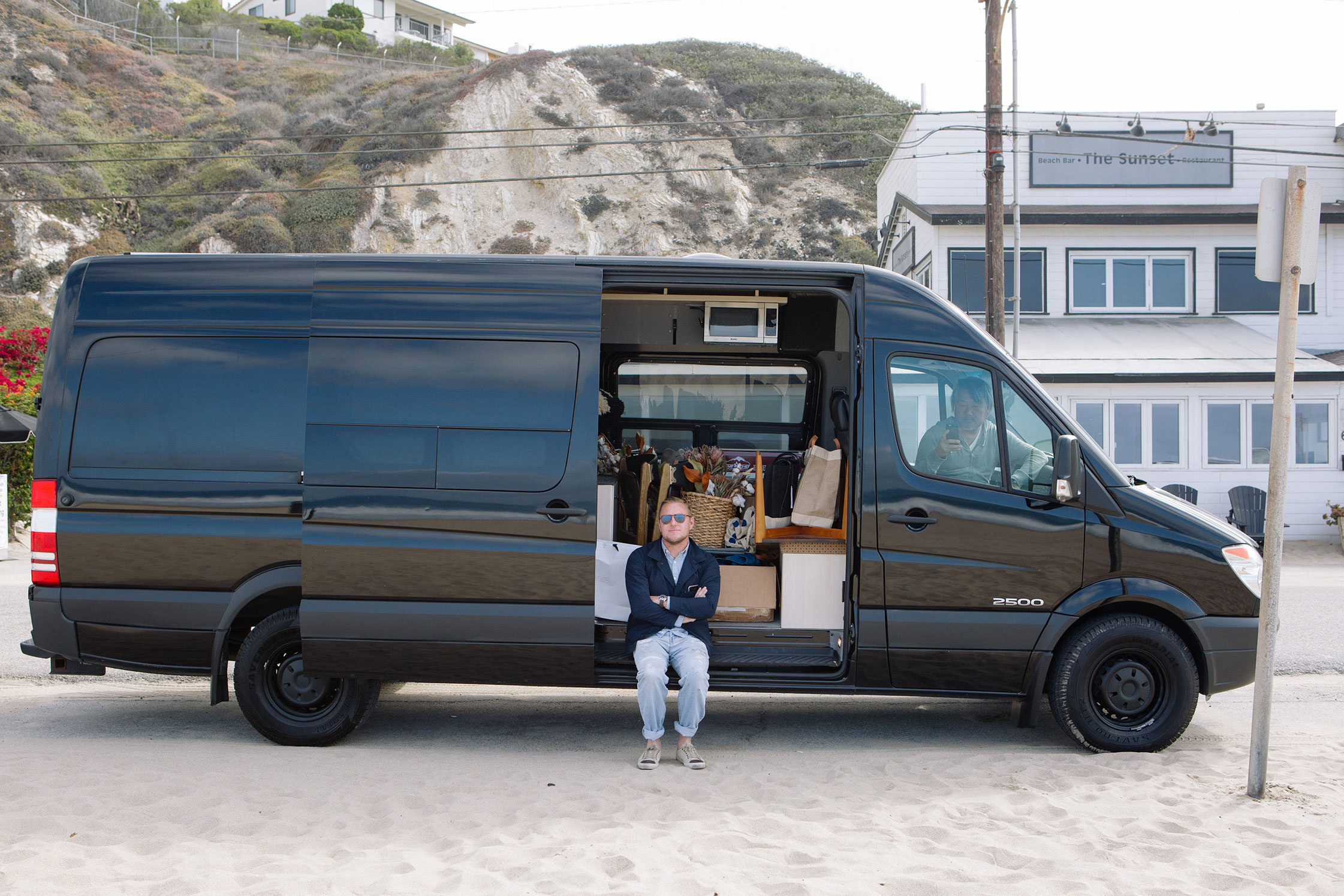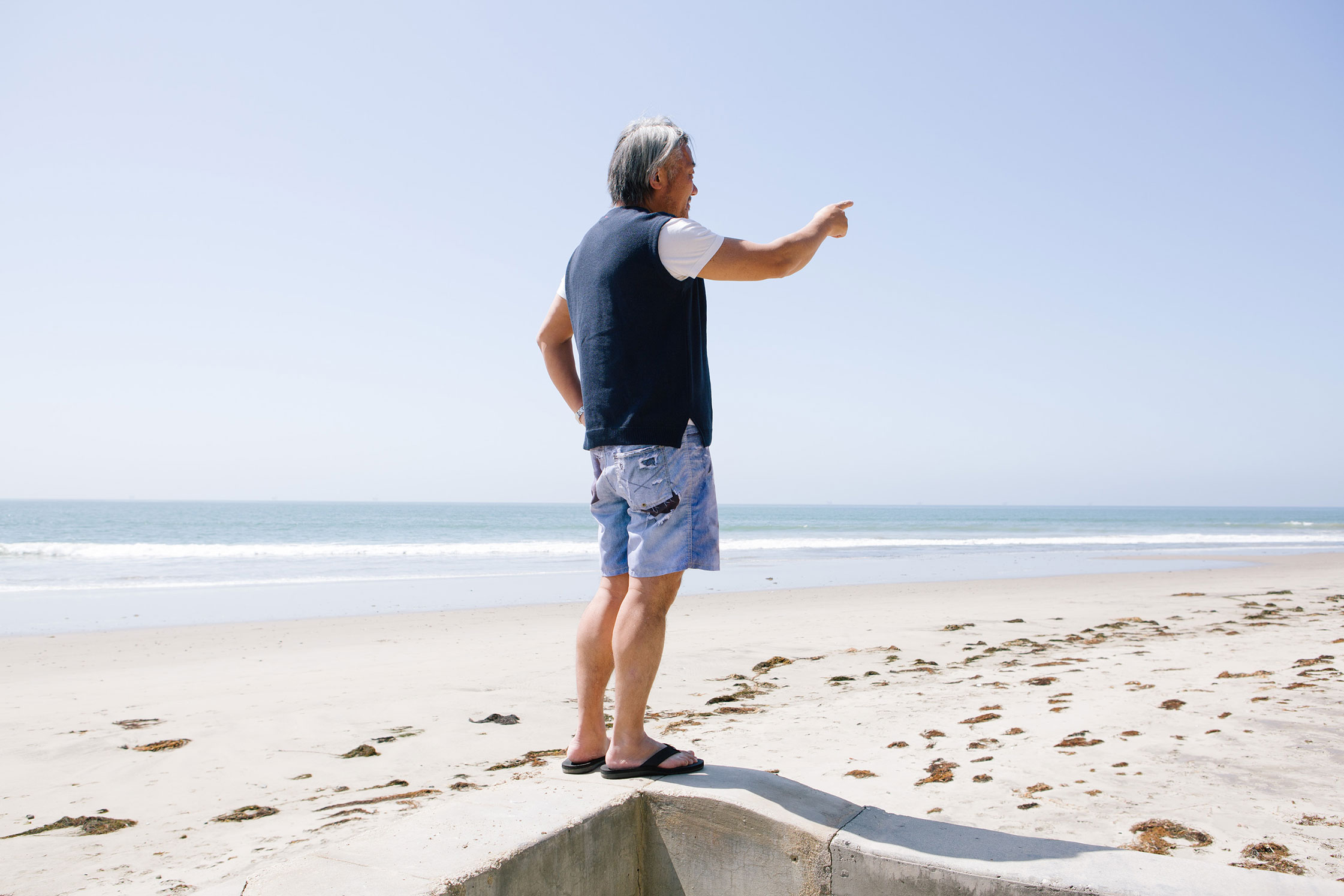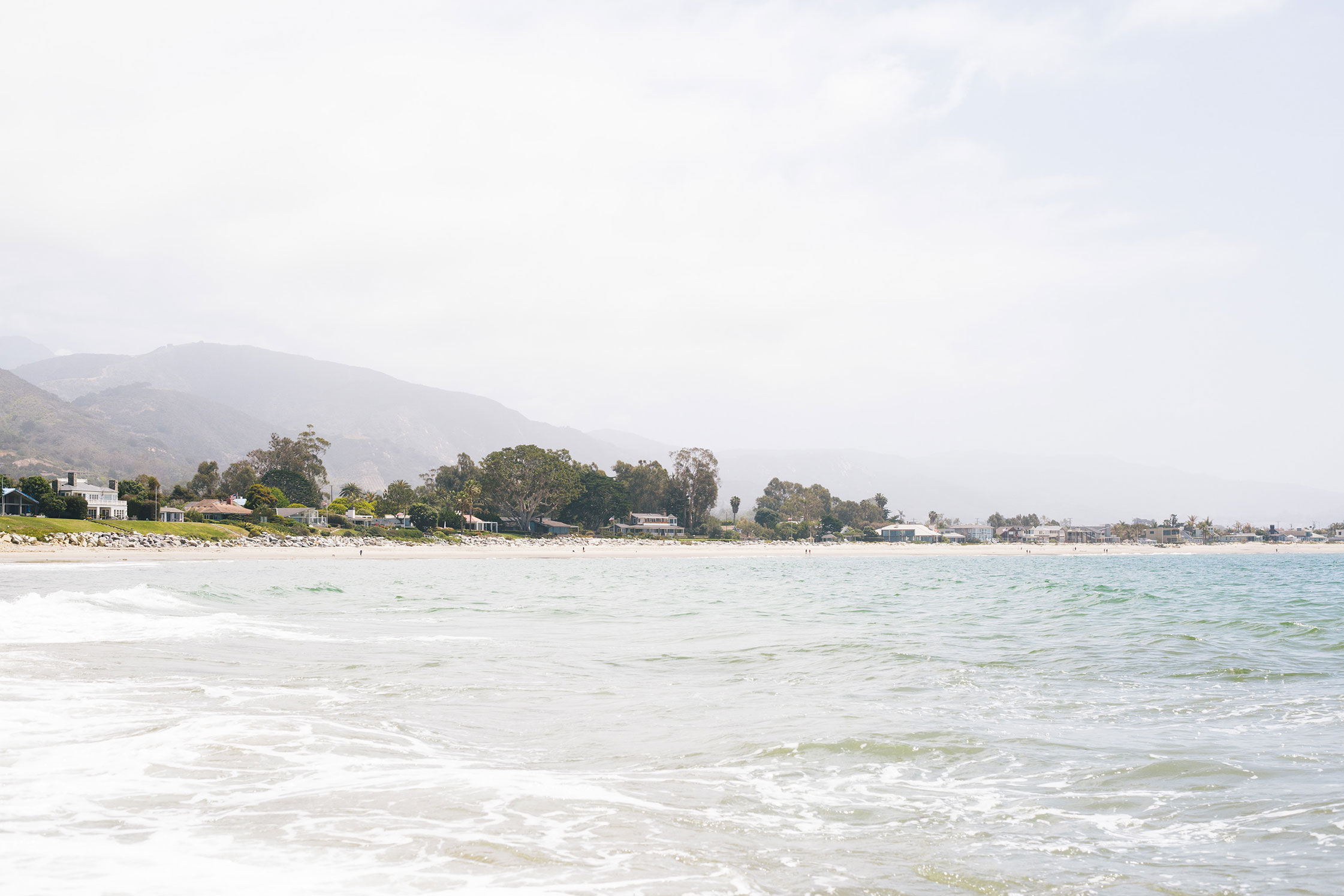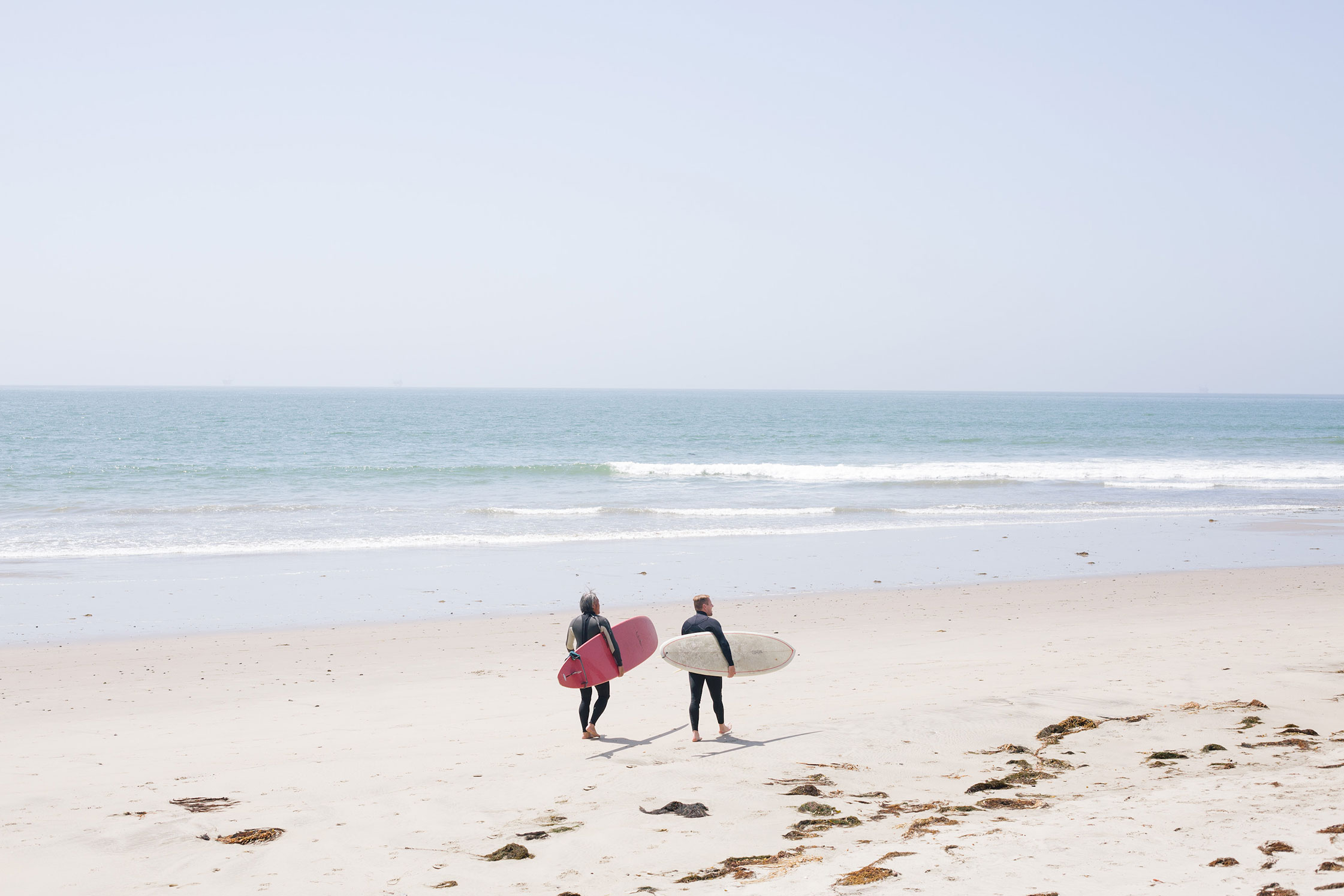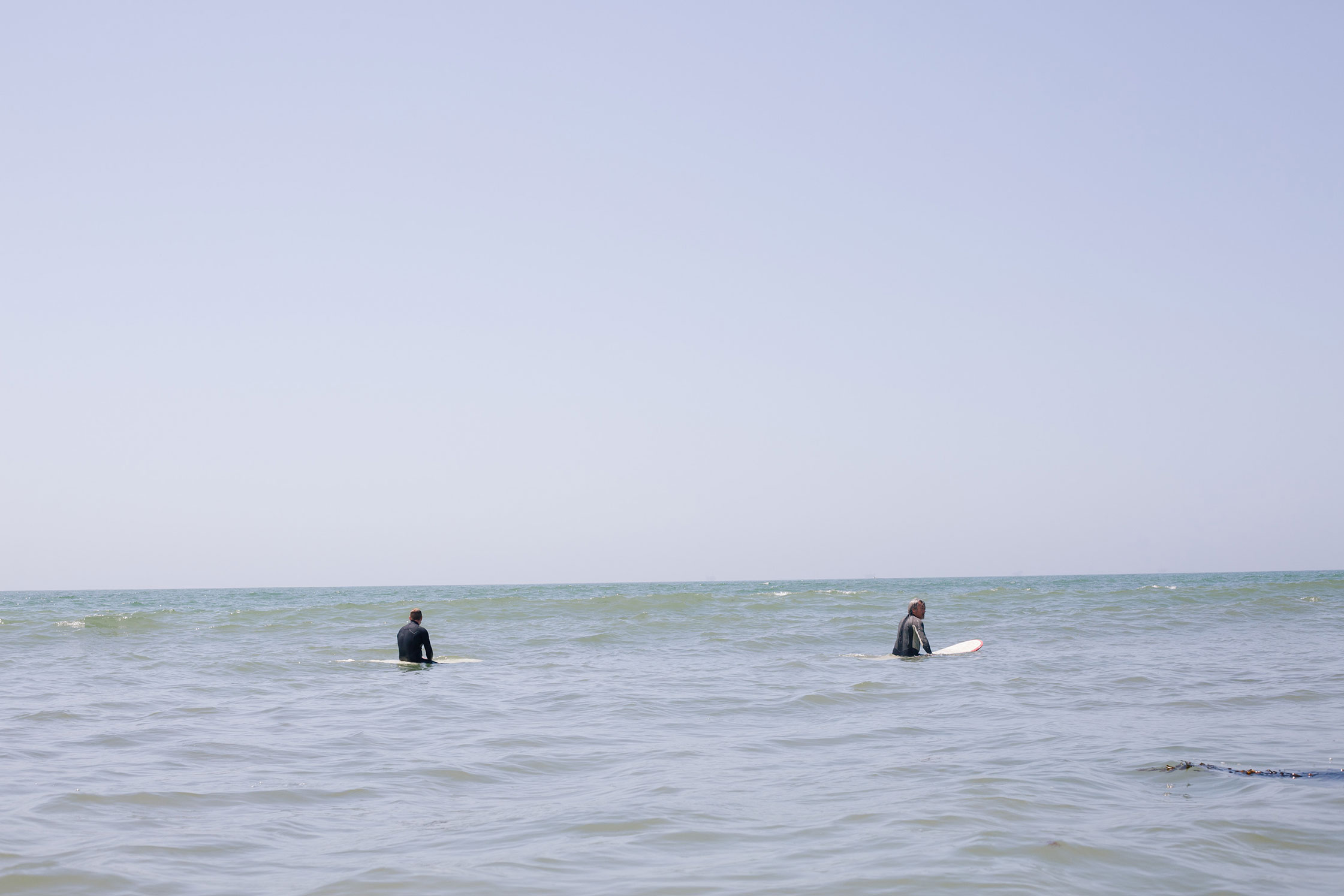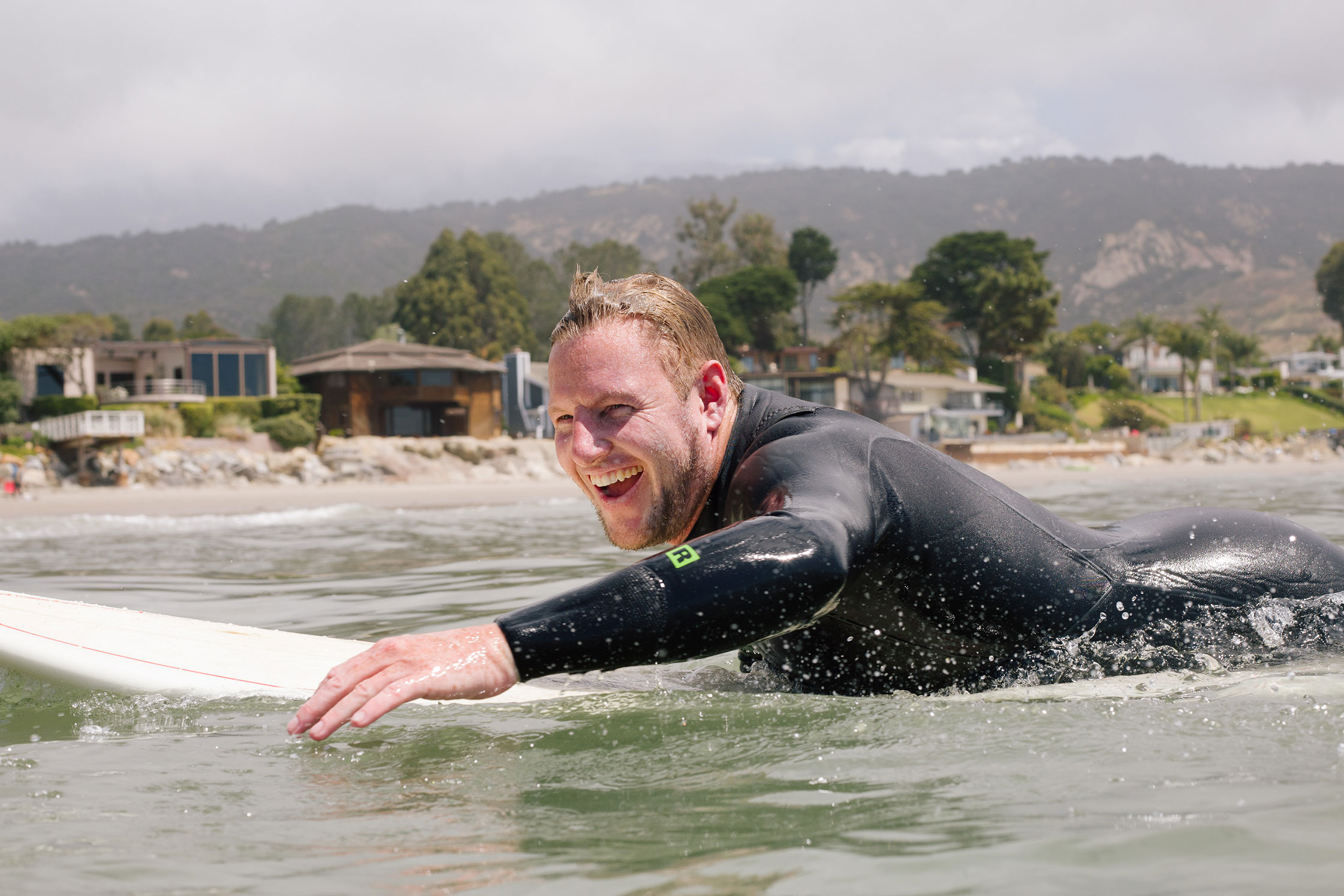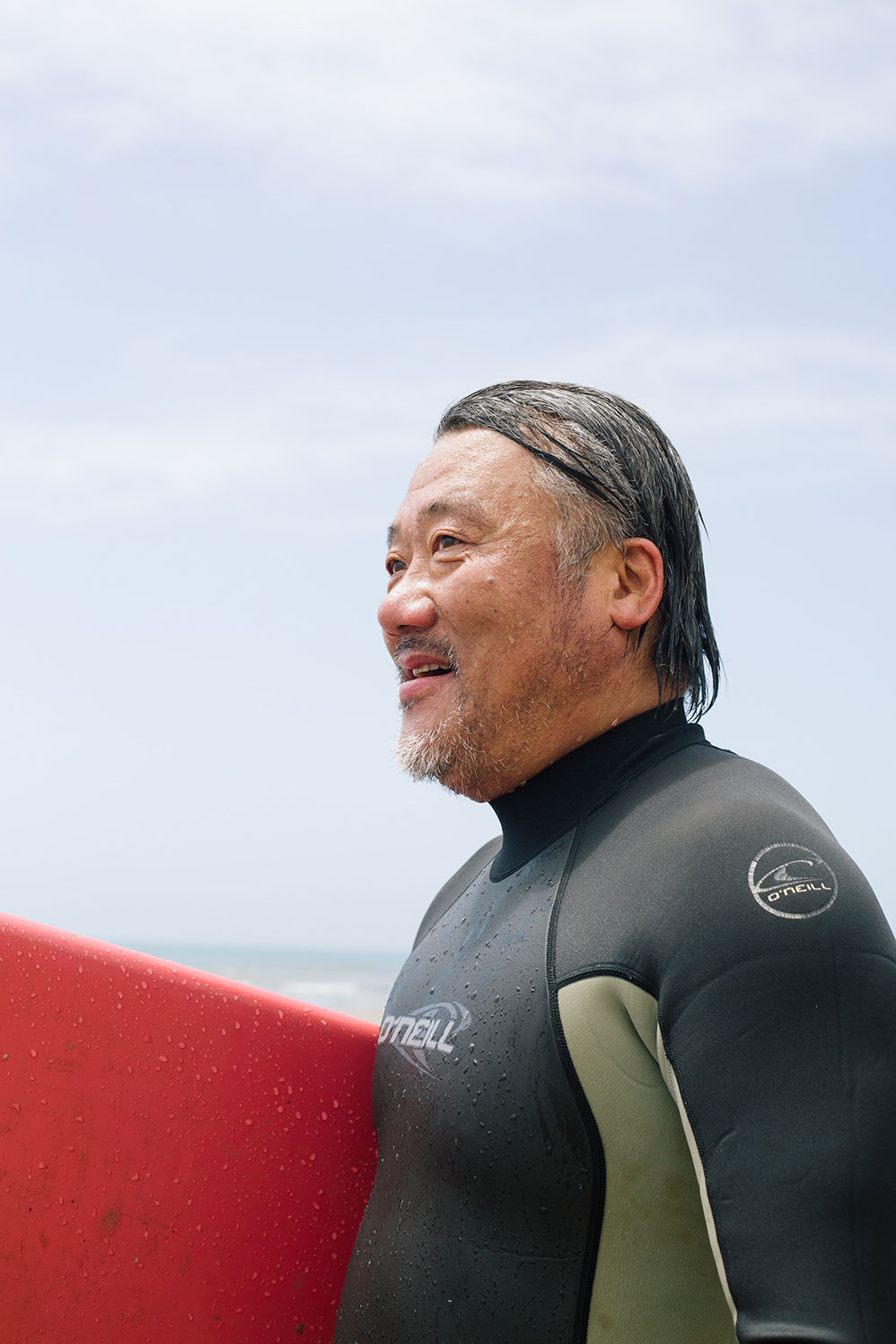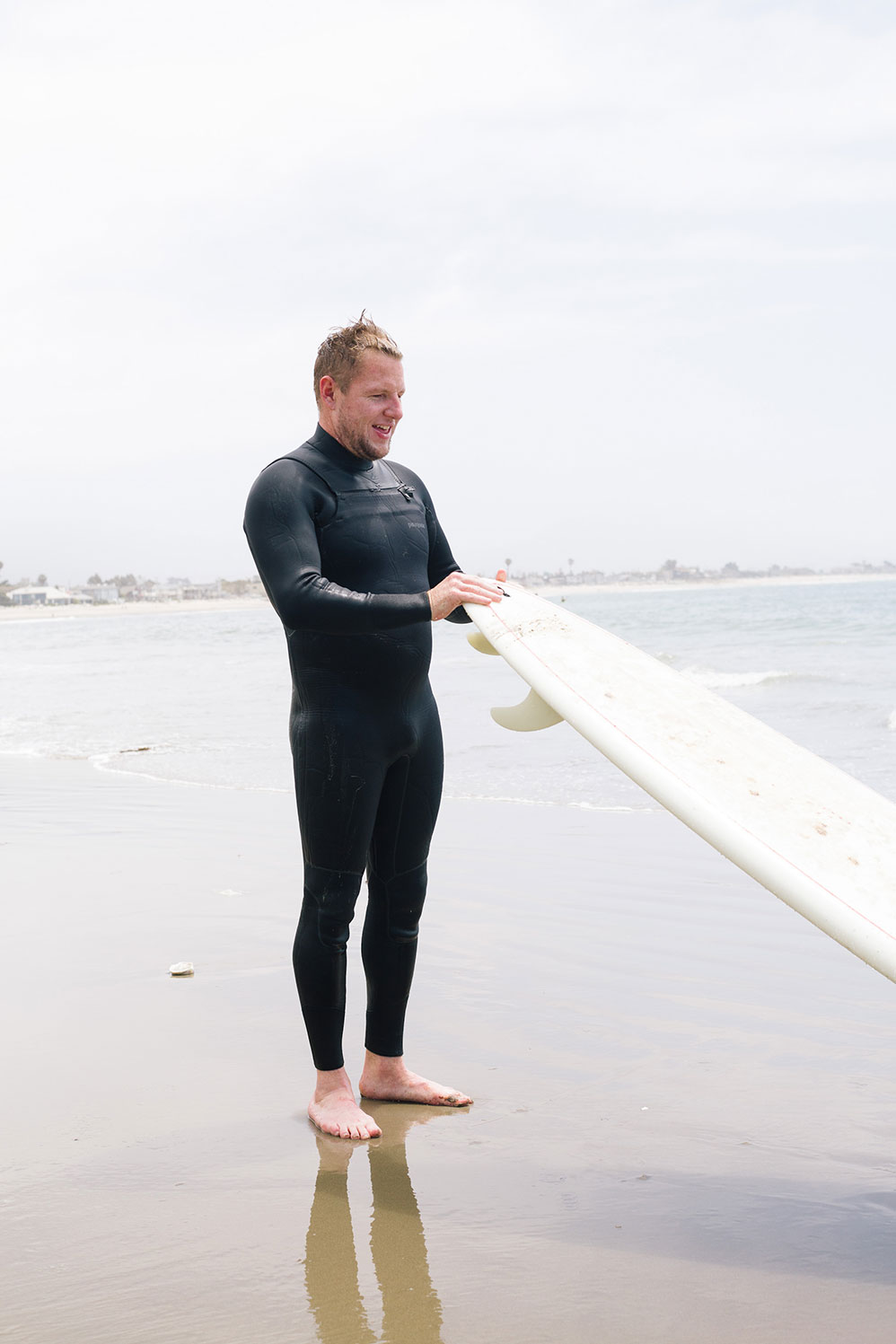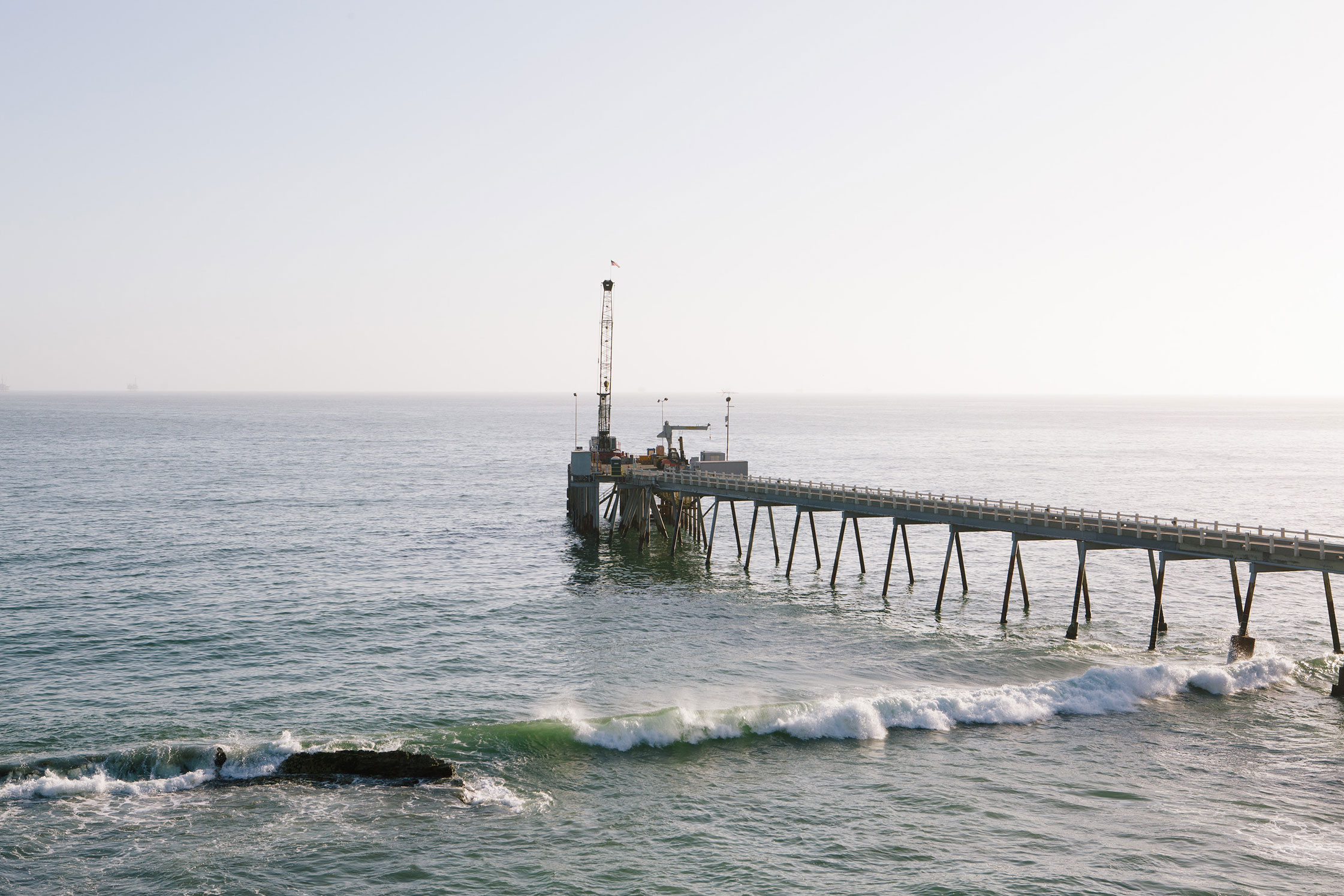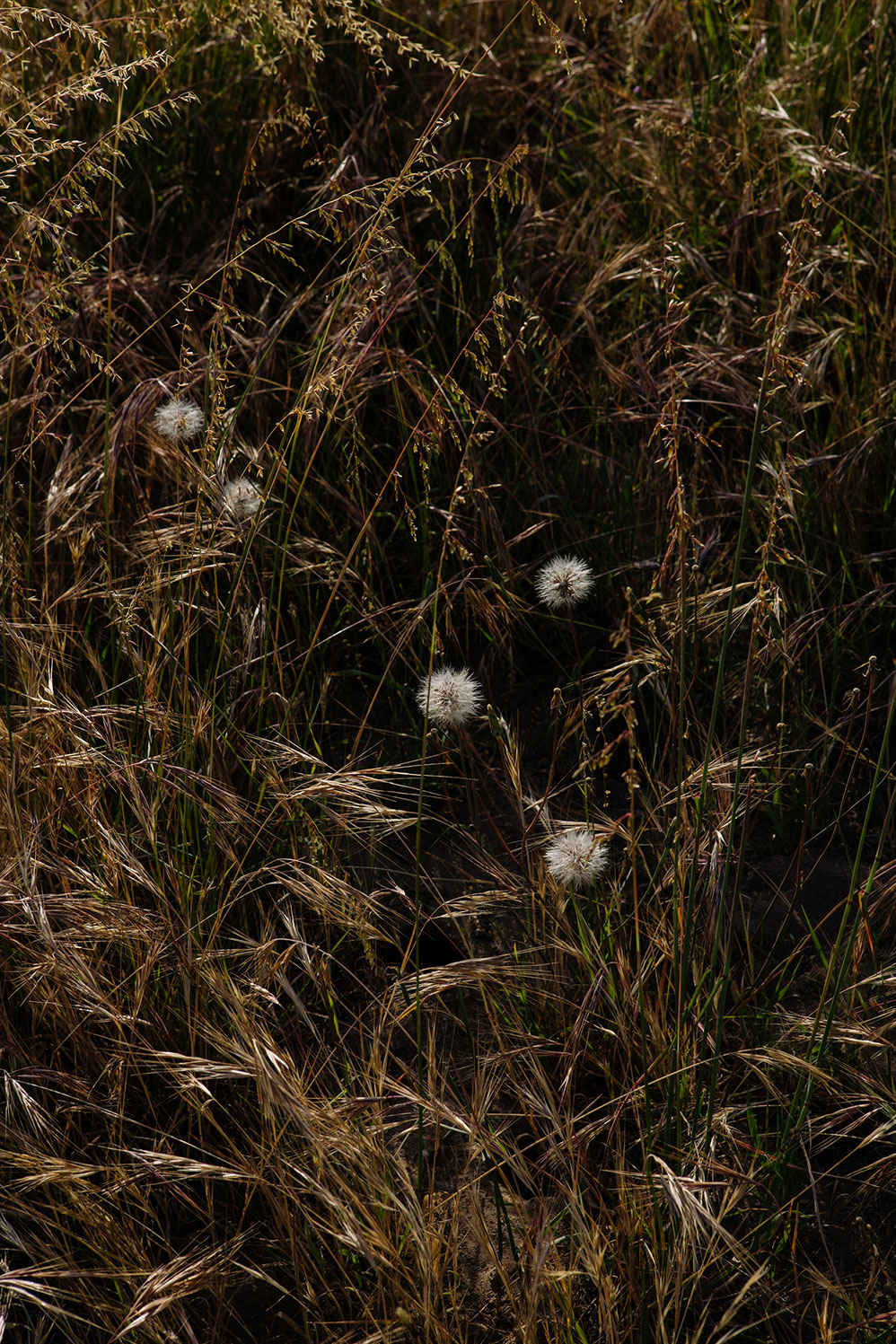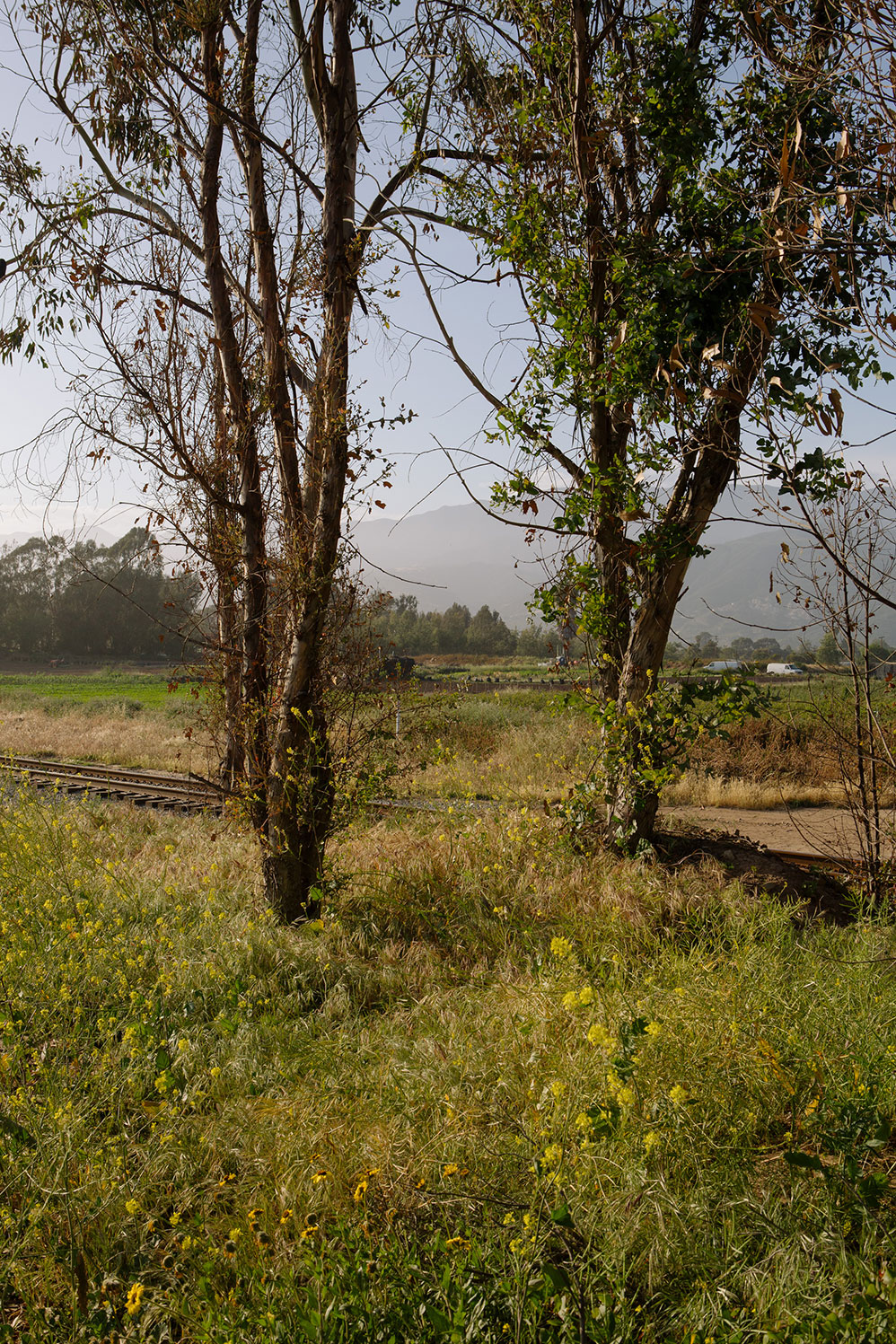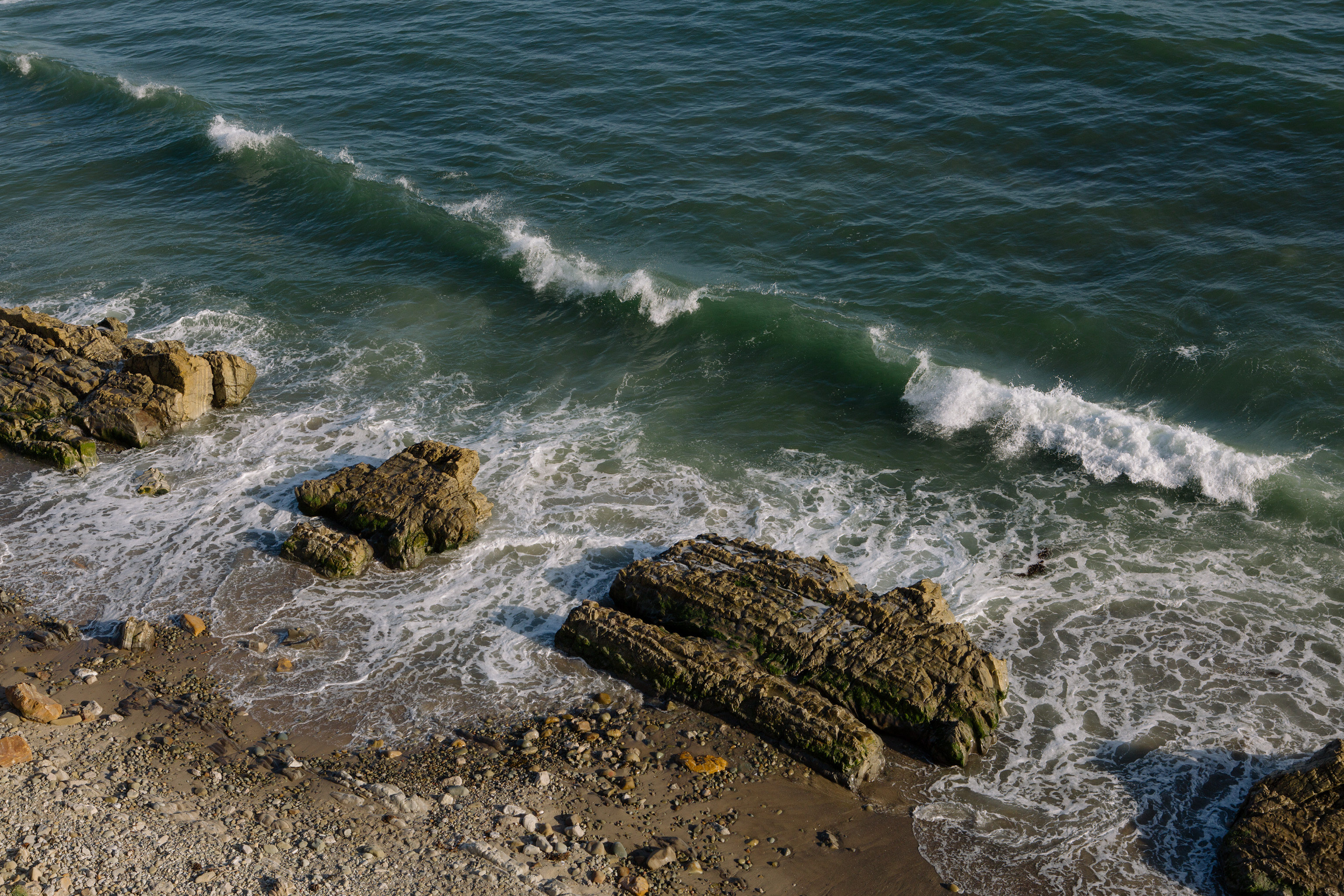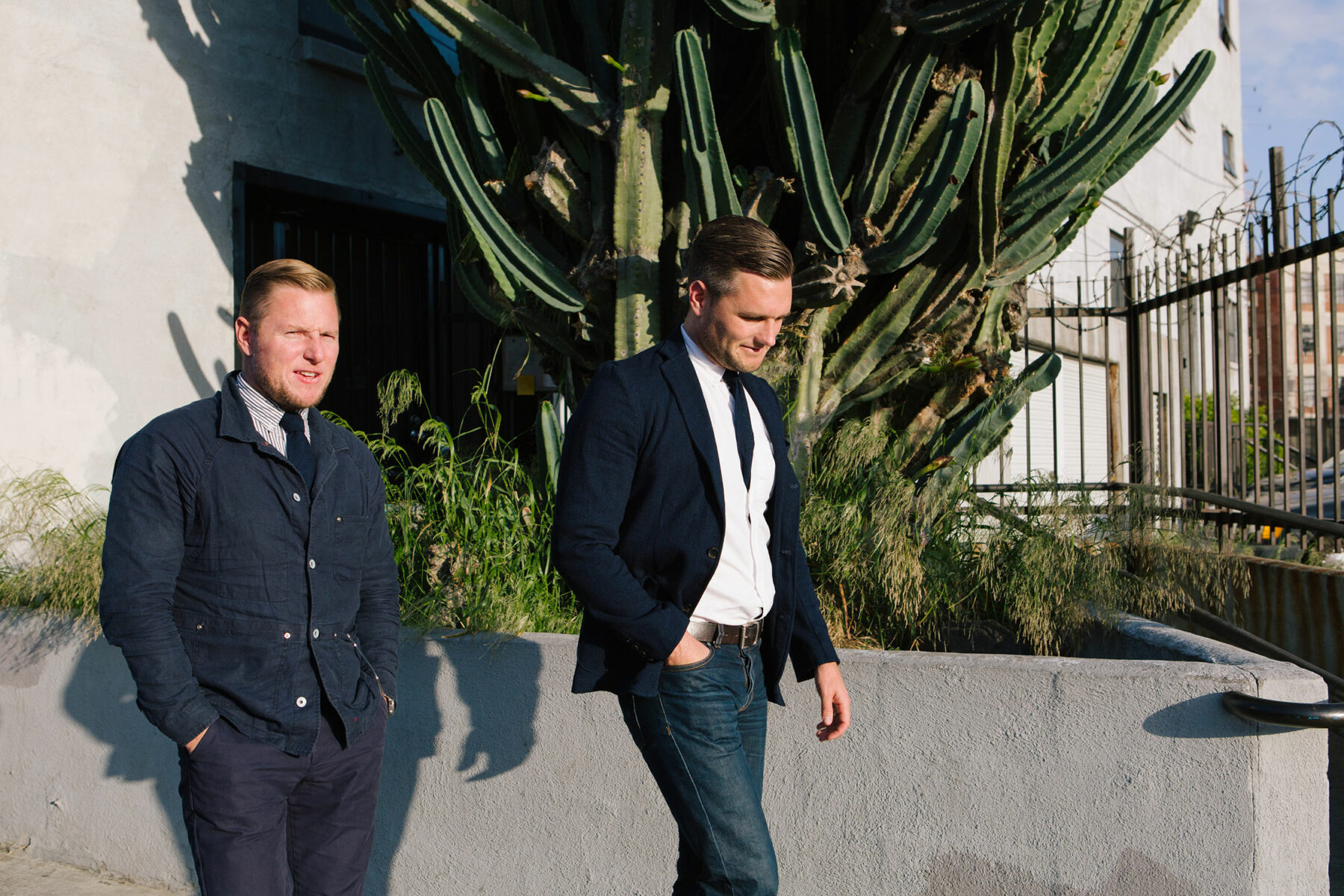It’s little wonder that the Parton brothers, founders of forward-thinking lifestyle brand Apolis meaning “global citizen”, formed the company with a strong emphasis on community building.
Taking after their father Lindsay Parton, a key figure a in the highly competitive real estate market, the brothers are keen on bringing new and interesting developments to the home they’ve carved out for themselves in SoCal. “We didn’t realize we were going into construction, but that’s what we did,” says Raan, who serves as Creative Director alongside CEO and Brand Director Shea and Stenn who acts as advisor, developing their bricks and mortar retail spaces. “The garment industry is probably the closest to the construction industry as you can get. It’s all about working with timelines, contractors and raw materials to create a finished product that has to fit perfectly. Our family doesn’t have a fashion background, but there’s an obsession with how things are made and a diligence about finding great sources—that’s central to what we do.”
Raan’s just being humble though, his intuitive sense for style and goods has led him to many fashion-related enterprises. Alongside Apolis, Raan and his wife Lindsay, started the gallery/retail store/event space, Alchemy Works in L.A. and also curate the goods sold at the Venice Beach bodega-style café and florist, Flowerboy Project.
The concept store Alchemy Works, located in the arts district of L.A. and Lido Marina, Newport Beach acts as a gallery, retail and event space and carefully mixes their own Apolis line with likeminded brands such as Clare V, Sandoval and Woolsey Atelier. Further extending their community engagement, the brothers’ work with Parachute Market taking part in the East meets West A Street Af(Fair) design market. Reminiscent of European markets, the event brings the Eastside design community to West Hollywood and celebrates both modernism and the craftsmakers.
“We originally anticipated a lot of differences, but in the end, we were inspired by the similarities.”
Now a decade old, Apolis was born of a deep-seated awareness of a world far wider than the Santa Barbara community in which the brothers were raised. “Growing up, my parents made sure we had a broader perspective,” Raan says. “There was an early emphasis on a lot of travel.” As the family voyage expanded across Central America, Southeast Asia, India and beyond, so grew the brothers’ inspiration—and the beginnings of a dream. “We were able to have access to so many different cultures, countries and people,” says Raan. “We originally anticipated a lot of differences, but in the end, we were inspired by the similarities.”
Envisioning a way to connect the dots between rural communities and the global marketplace, the Partons used what they call “advocacy through industry” as the basis for a company that connects manufacturers around the world with discerning shoppers in search of thoughtfully crafted garments and accessories.
FvF have always been drawn to the Californian lifestyle, shaped by the energetic coastline and endless summer days. Together with Visit California we’re proud to follow the creative community who have settled in the Golden State with natural wonders right at their doorstep.
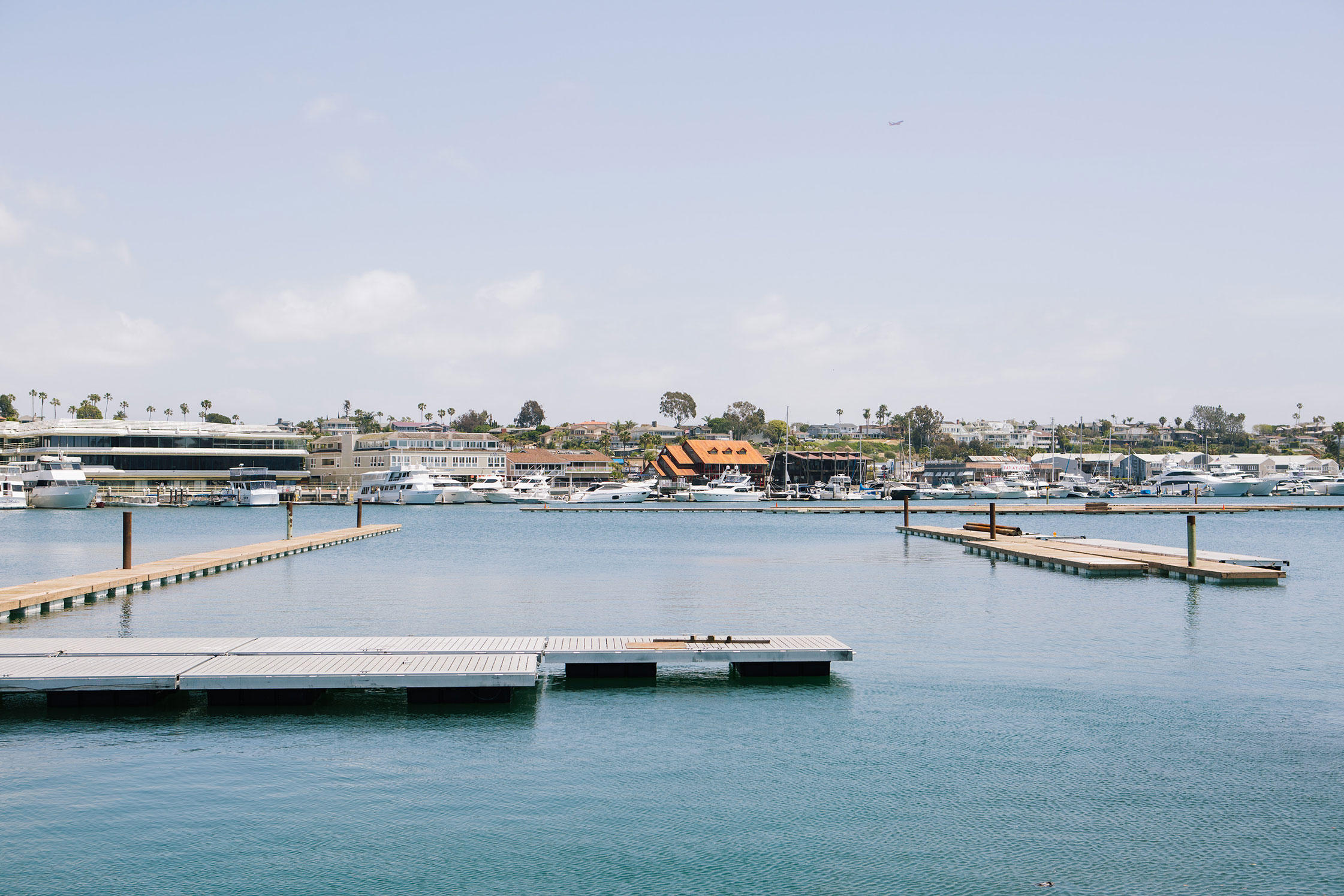
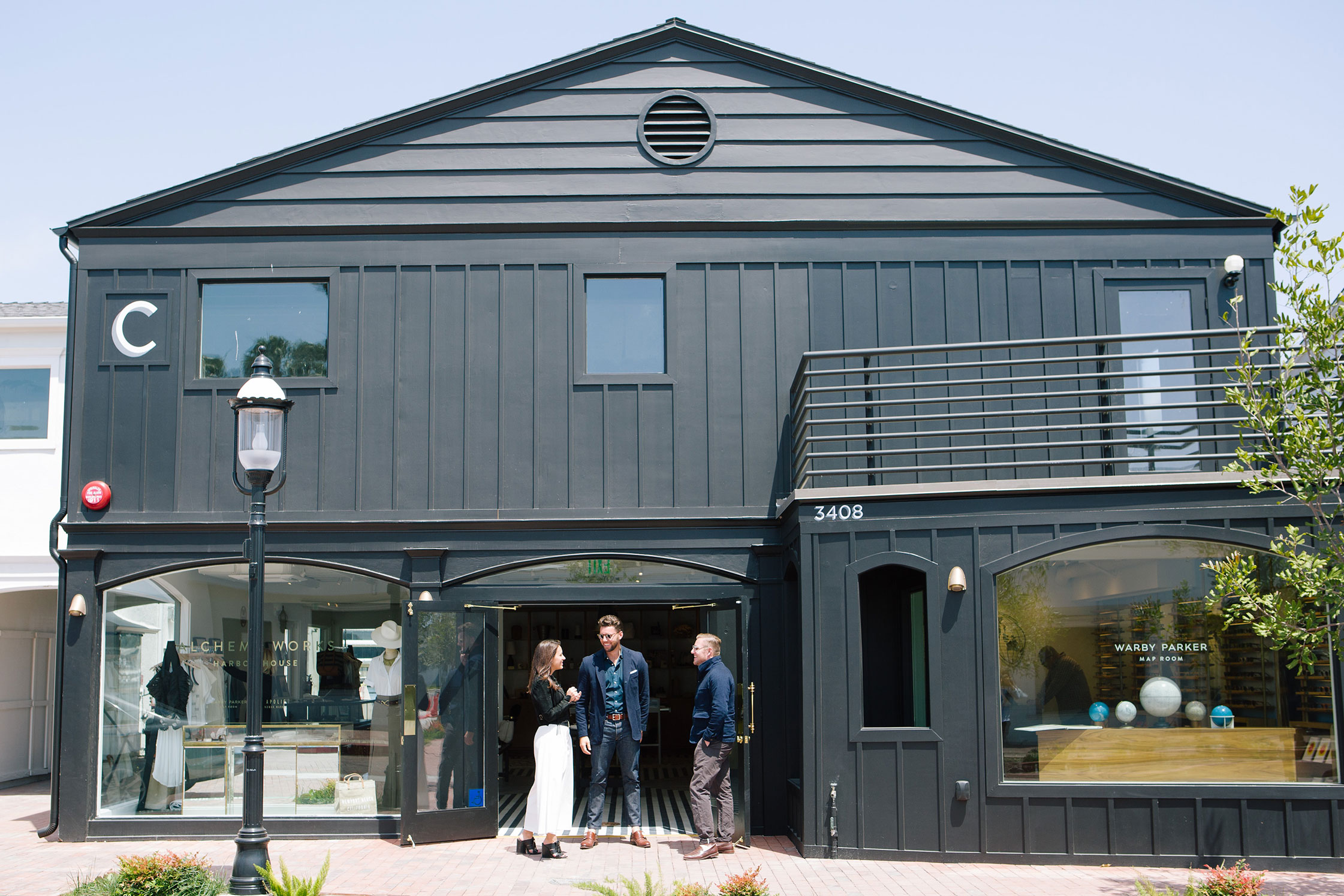
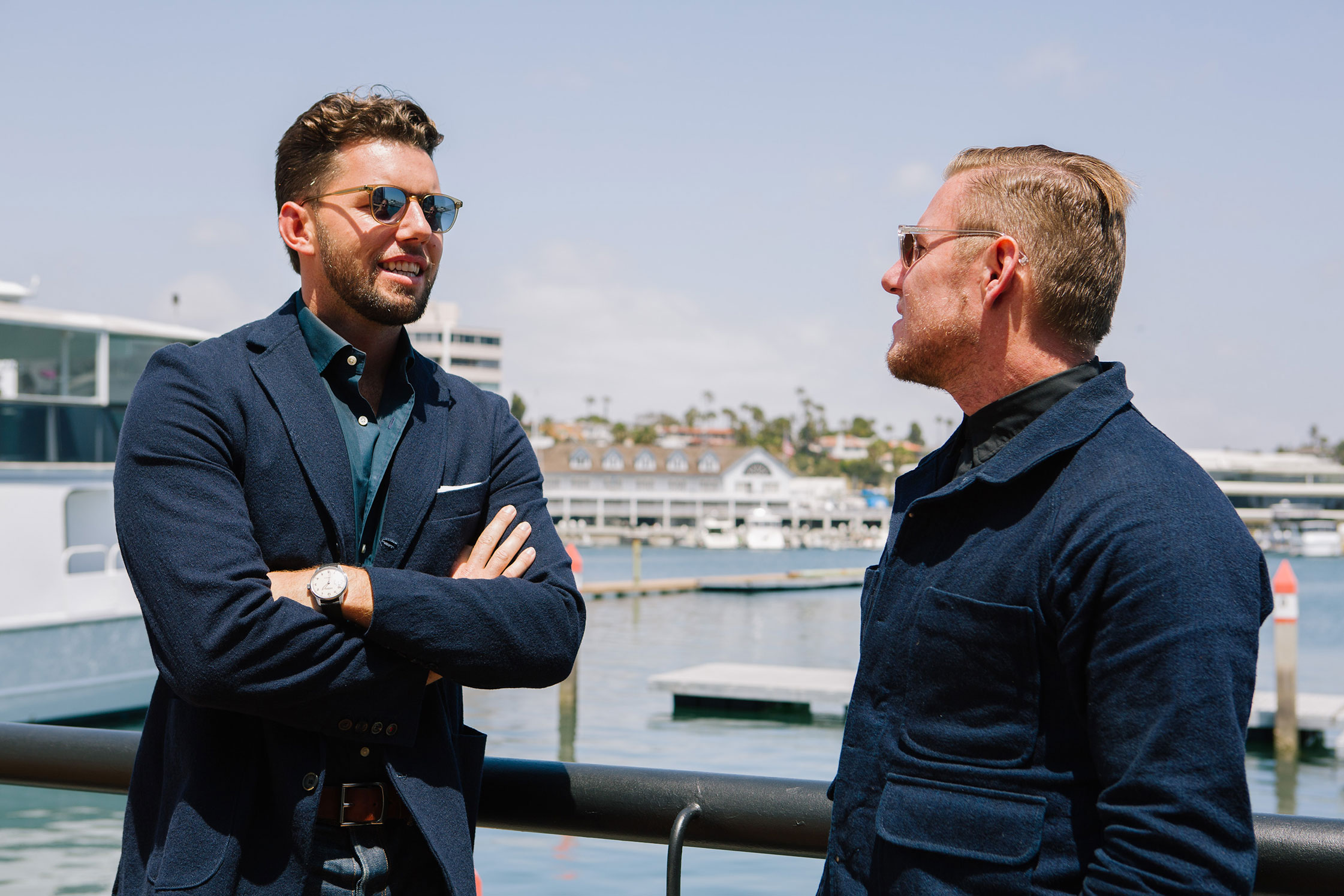
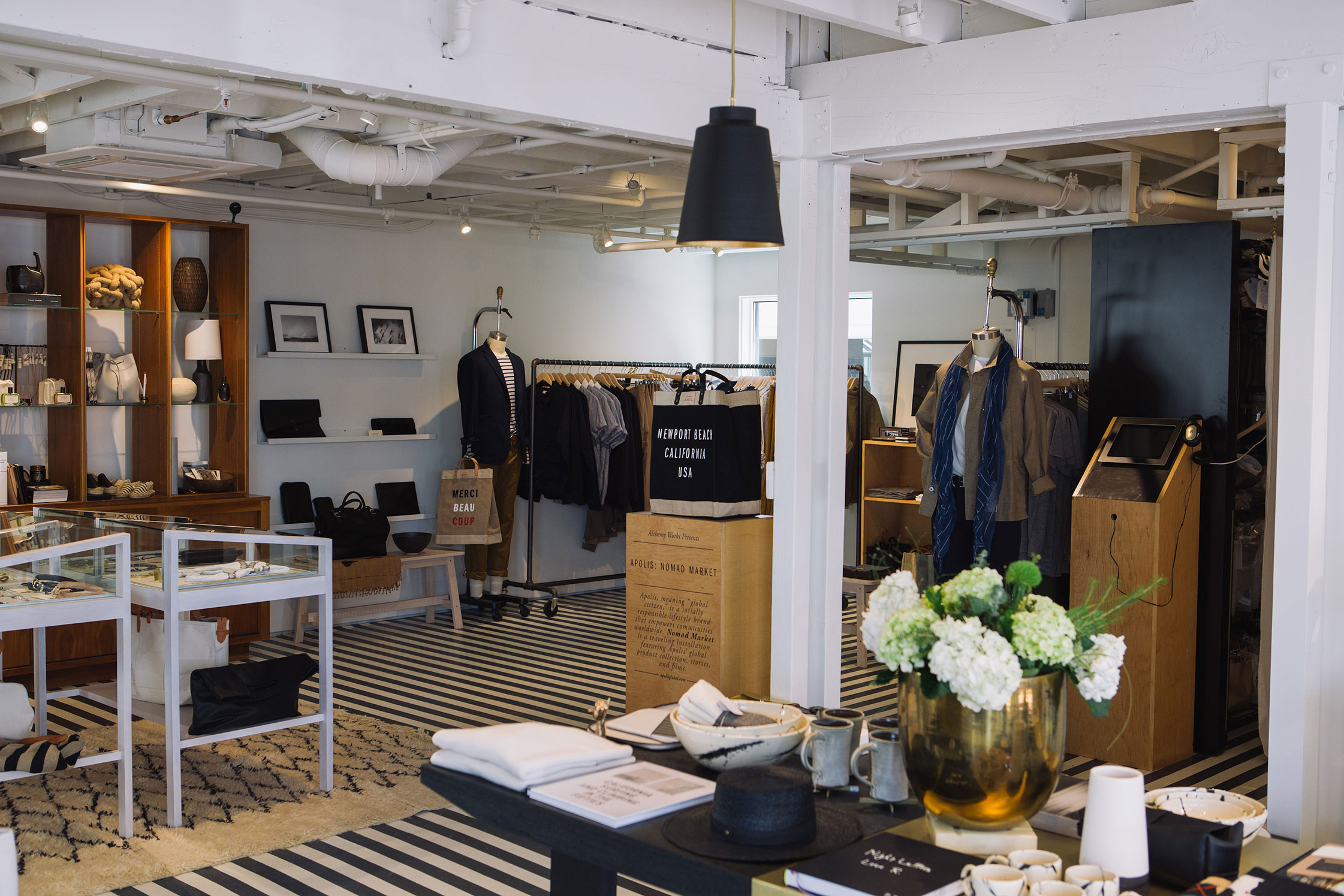
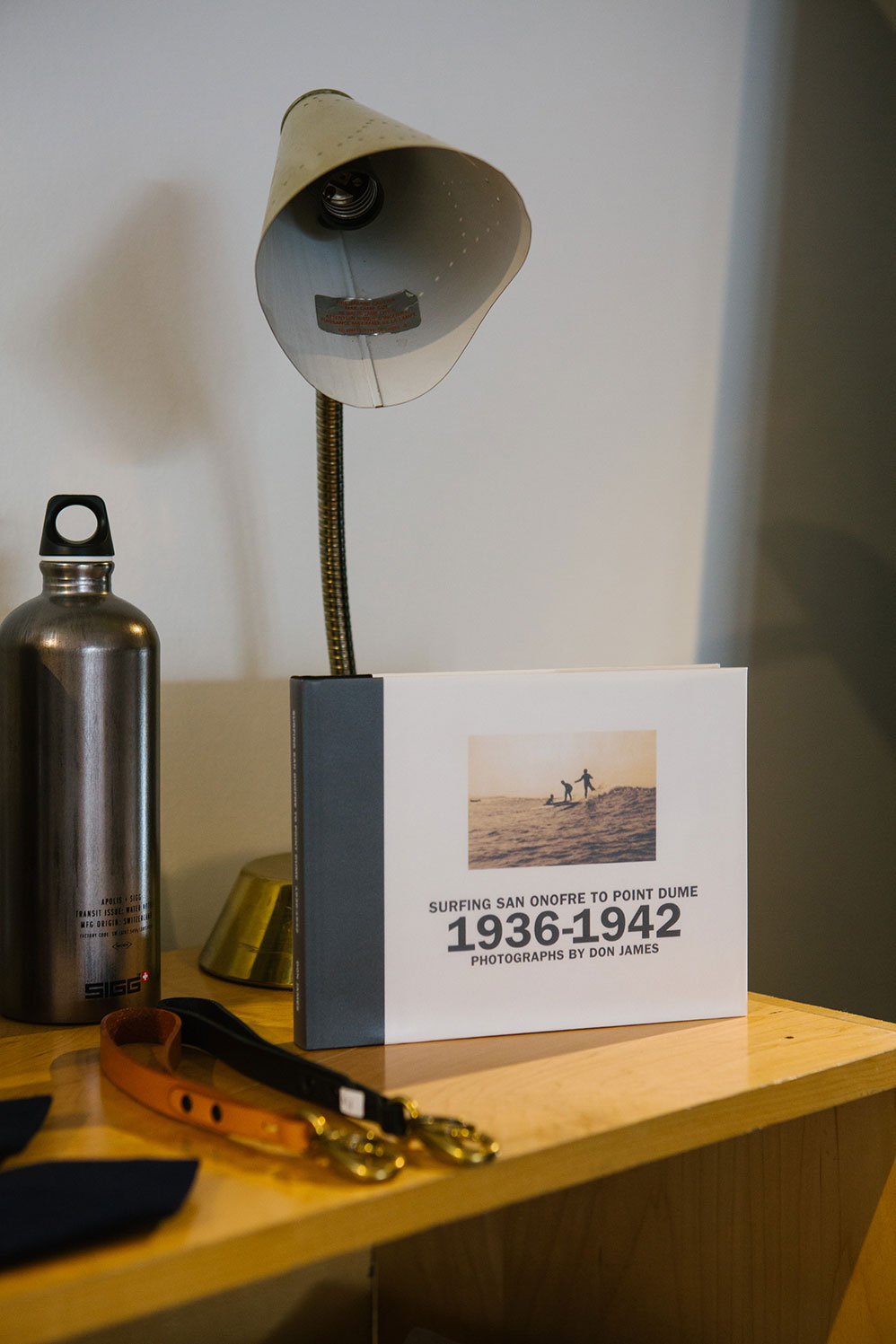
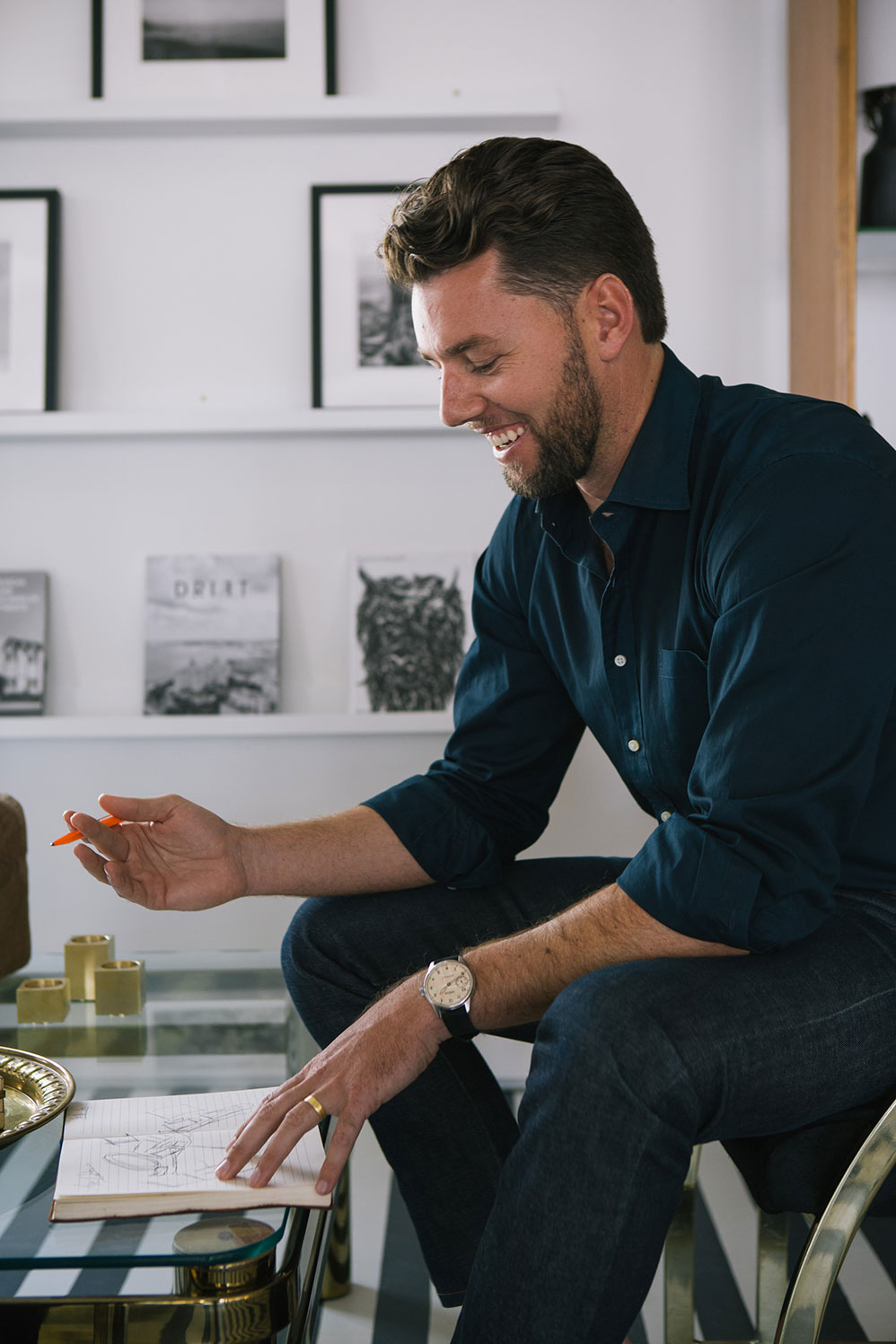
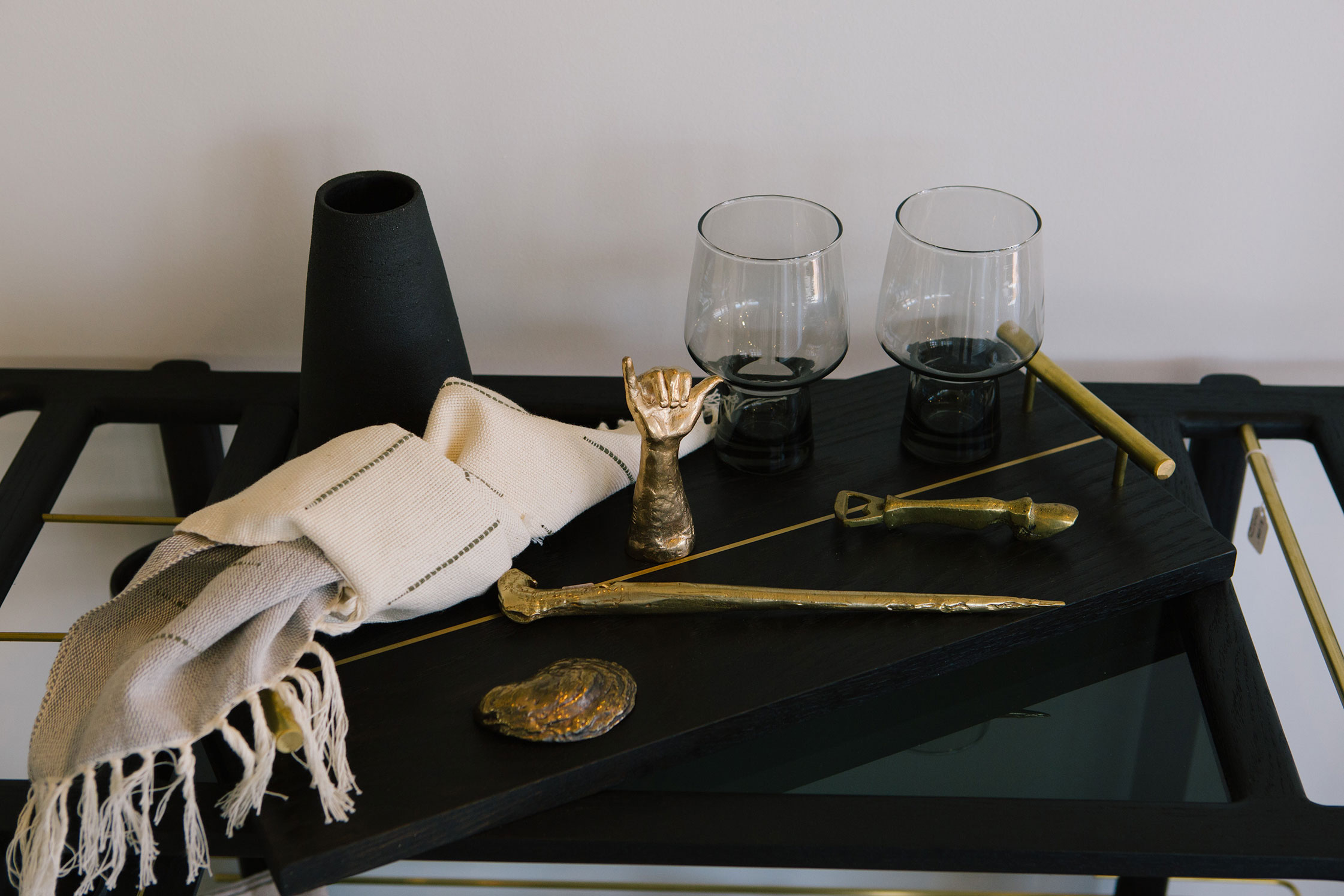
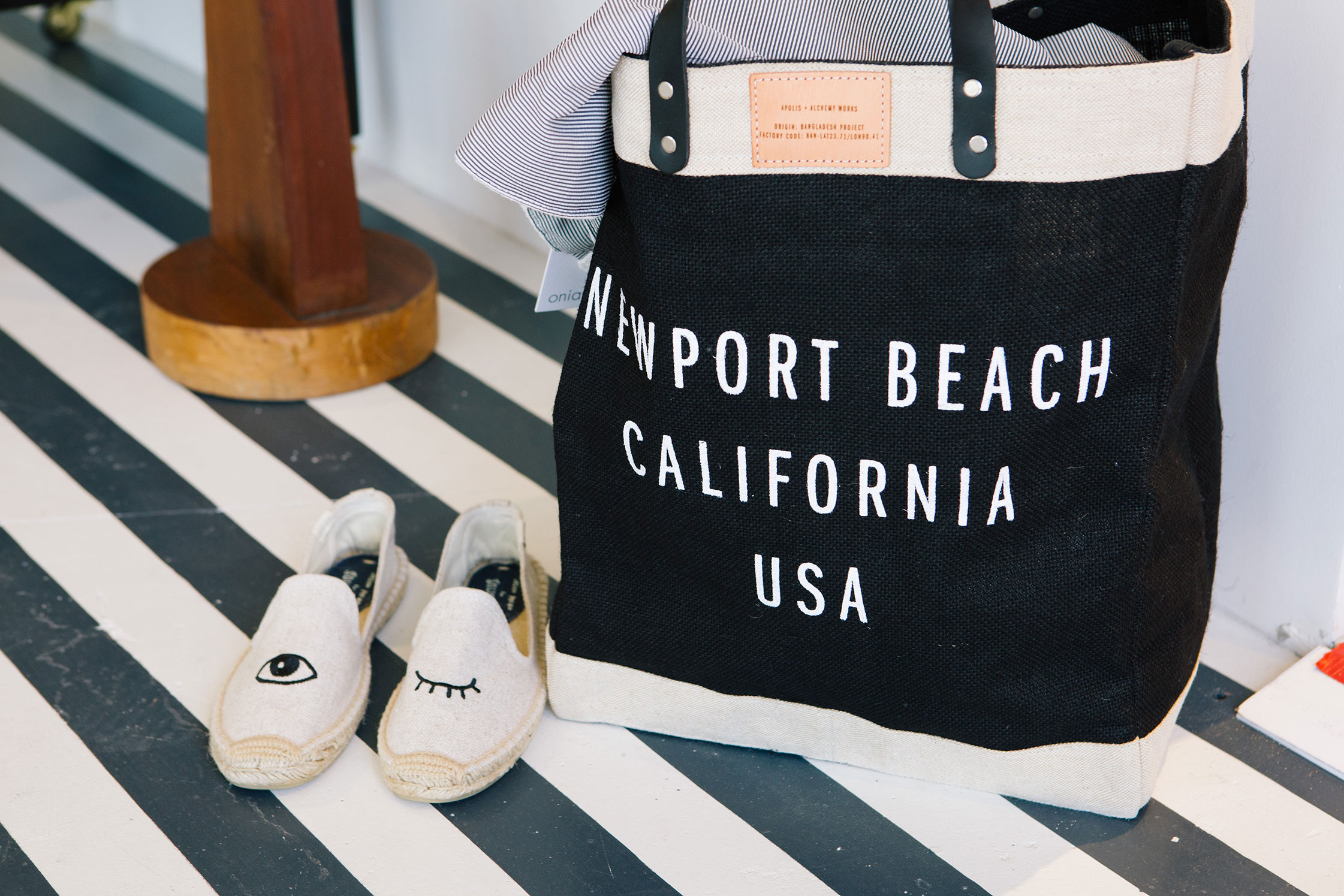
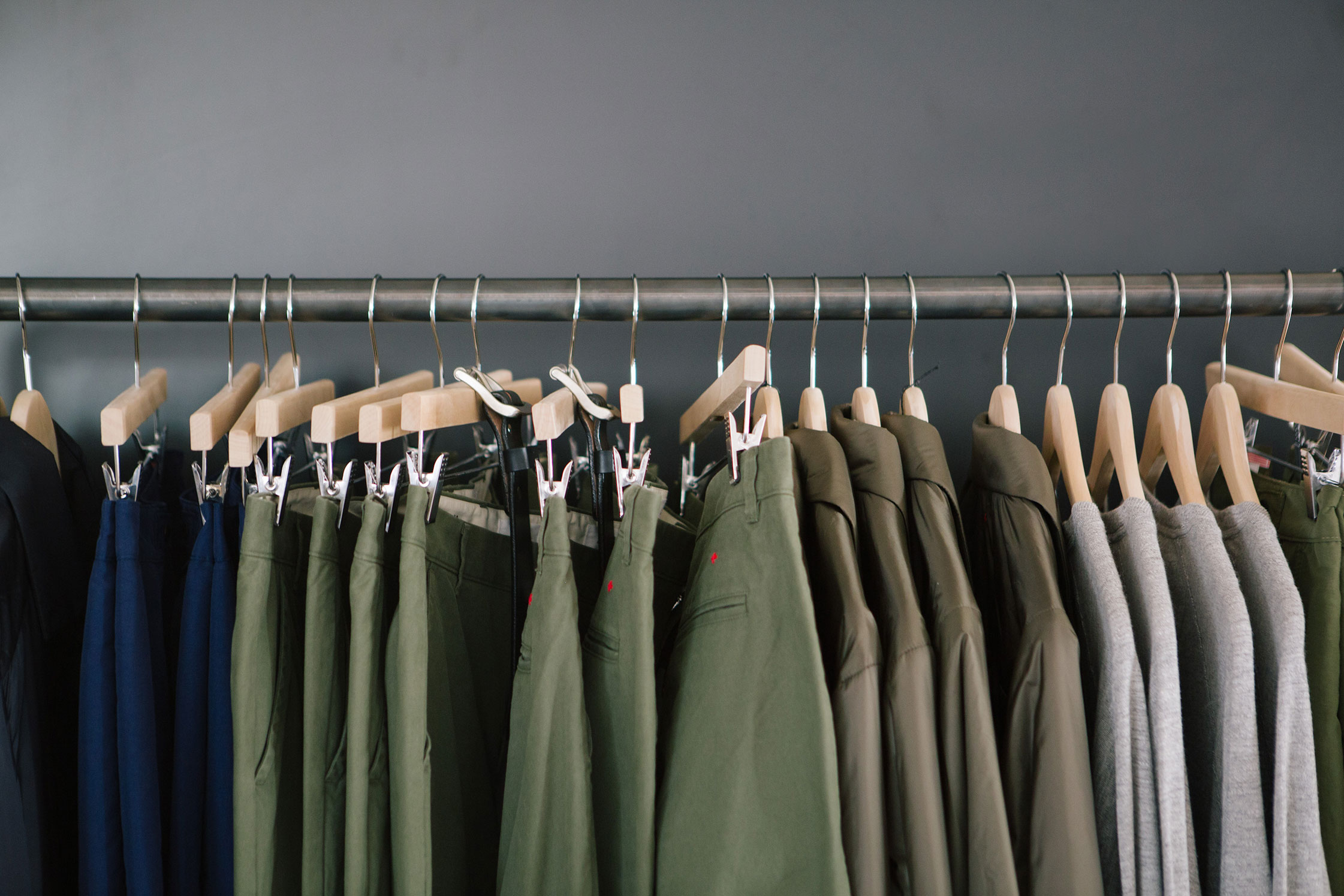

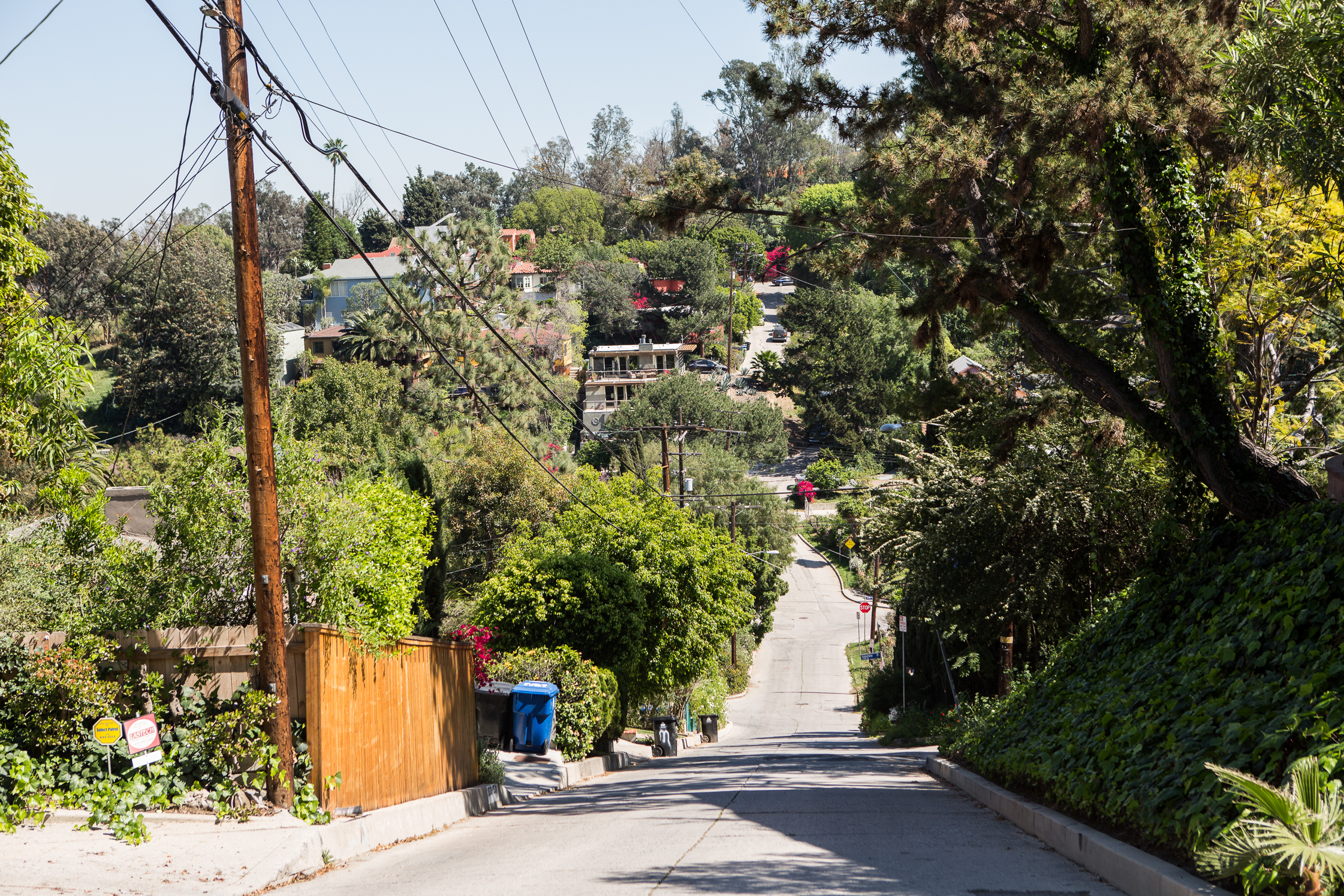
“Textiles and garments are our starting point, but we want to grow across industries, using design as a vehicle to empower people and communities.”
“Our first project was based in Nepal,” says Raan. “We’d always heard of the idea of teaching someone how to fish, but in most of the countries I’d been to, people already had those skills. It’s more a matter of fishing with the right bait, or not getting stuck in a hometown pond. We saw an opportunity to co-create, and to provide access to larger audiences and a stronger market.”
Today, an Apolis shopper can take home hand-knit alpaca sweaters from Peru; a quilted blazer made in Portugal; or a cotton dress in midnight blue, produced in partnership with a Japanese retailer in support of Tohoku earthquake and tsunami victims. Currently, the company manages a portfolio of 15 social enterprises, the largest of which is in Bangladesh. “We made just over 100,000 units of jute farmers’ market bags that have created employment for 25 women for the last three years,” Raan says. “That’s the vision. Textiles and garments are our starting point, but we want to grow across industries, using design as a vehicle to empower people and communities.”
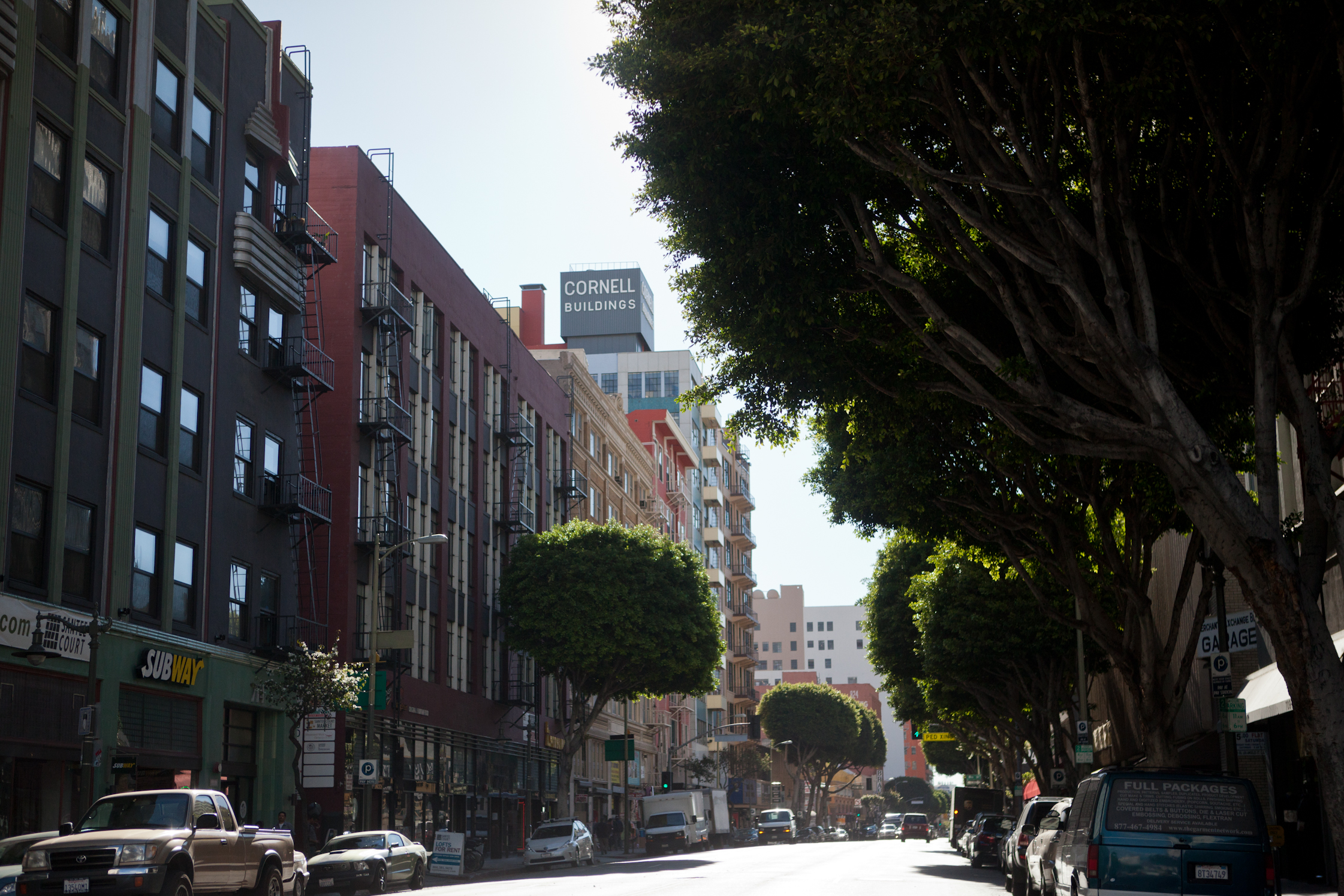
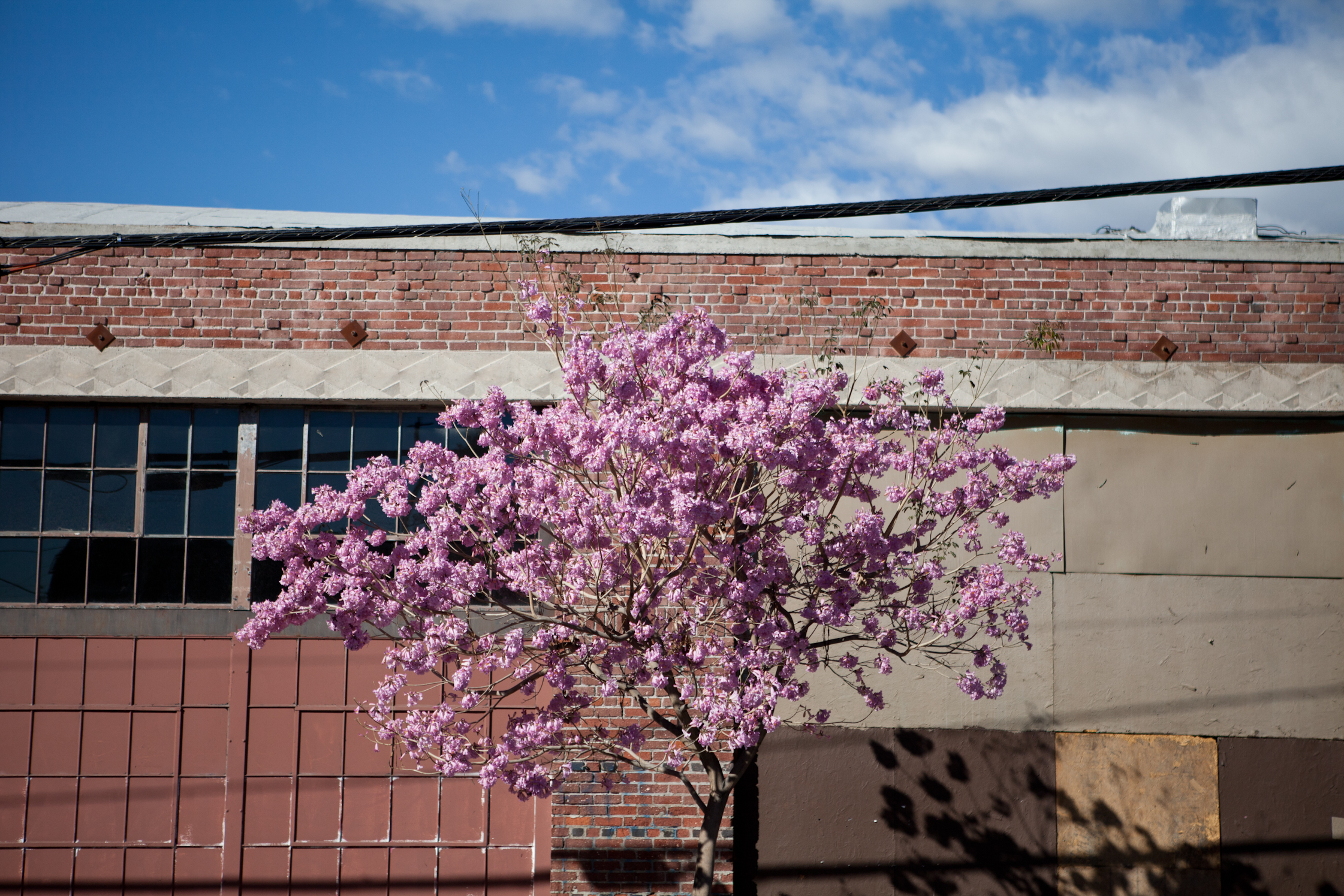
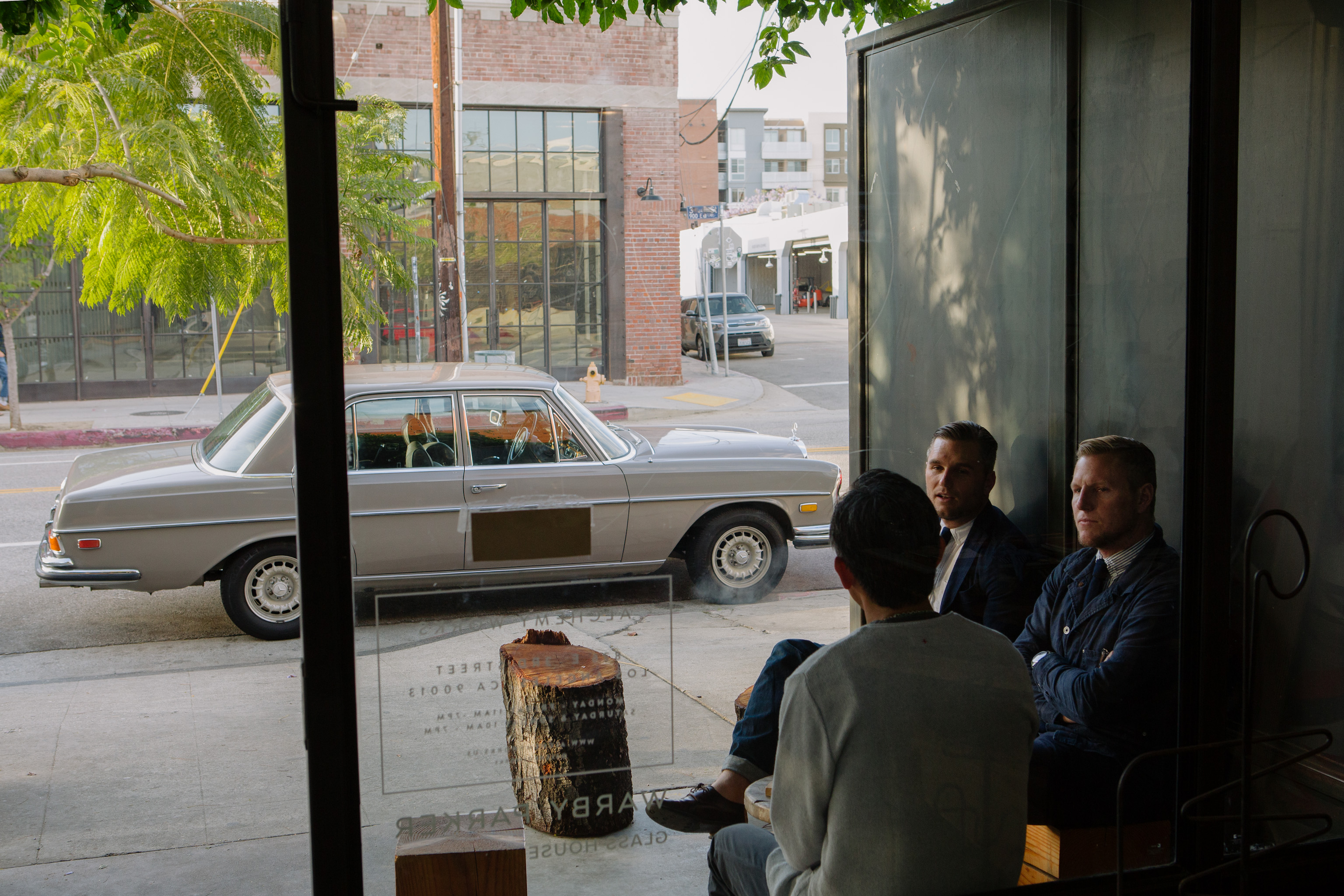
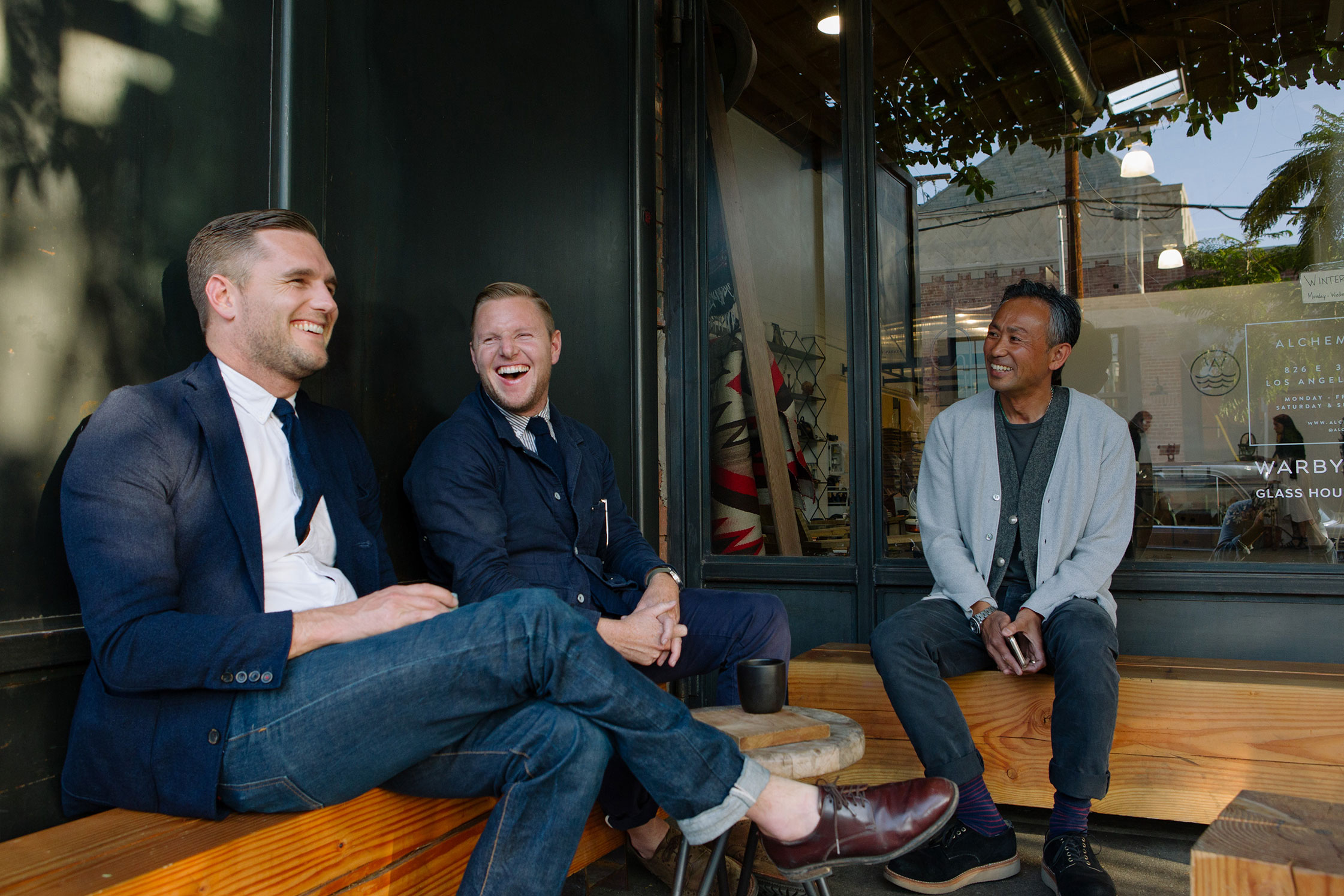
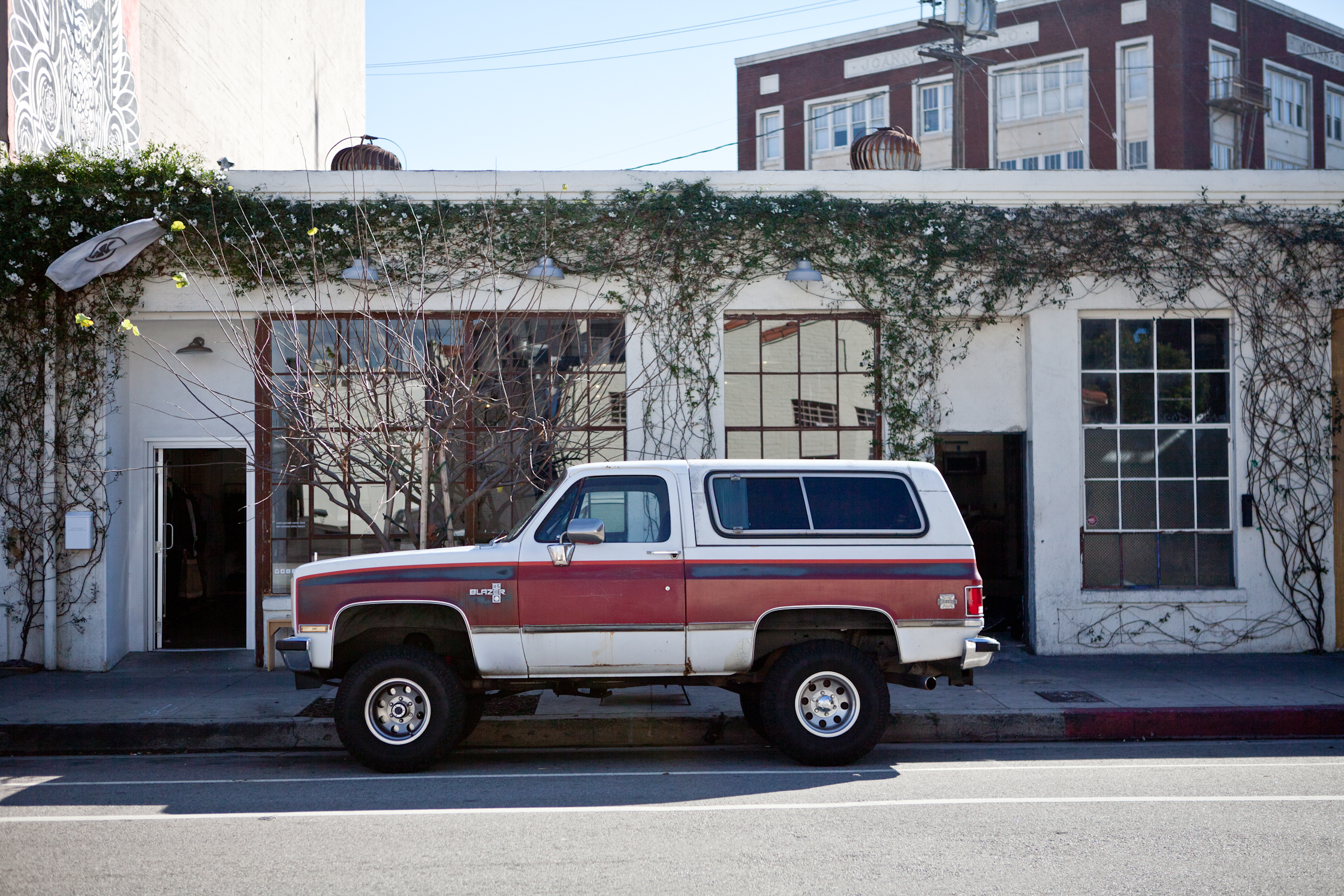
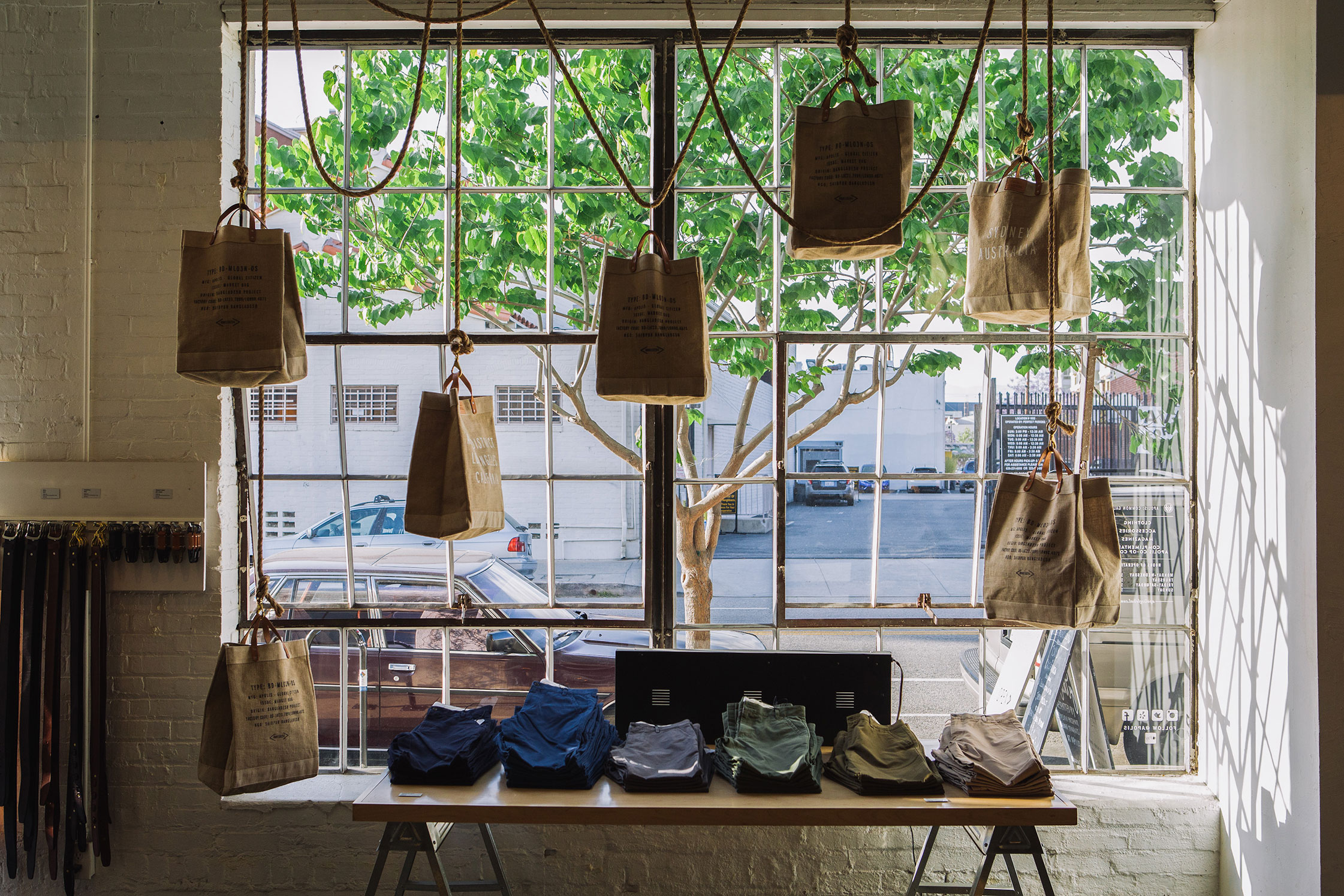

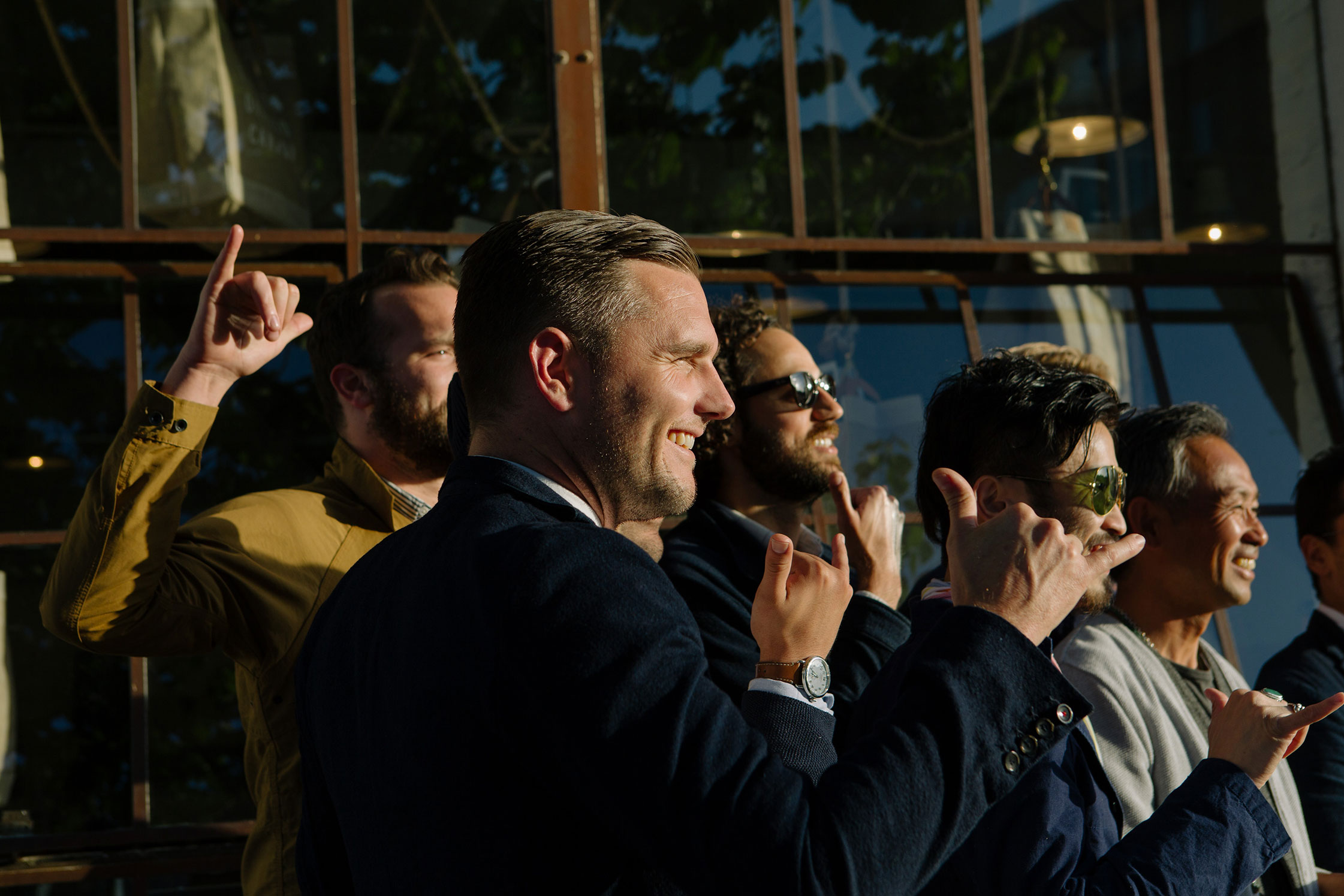
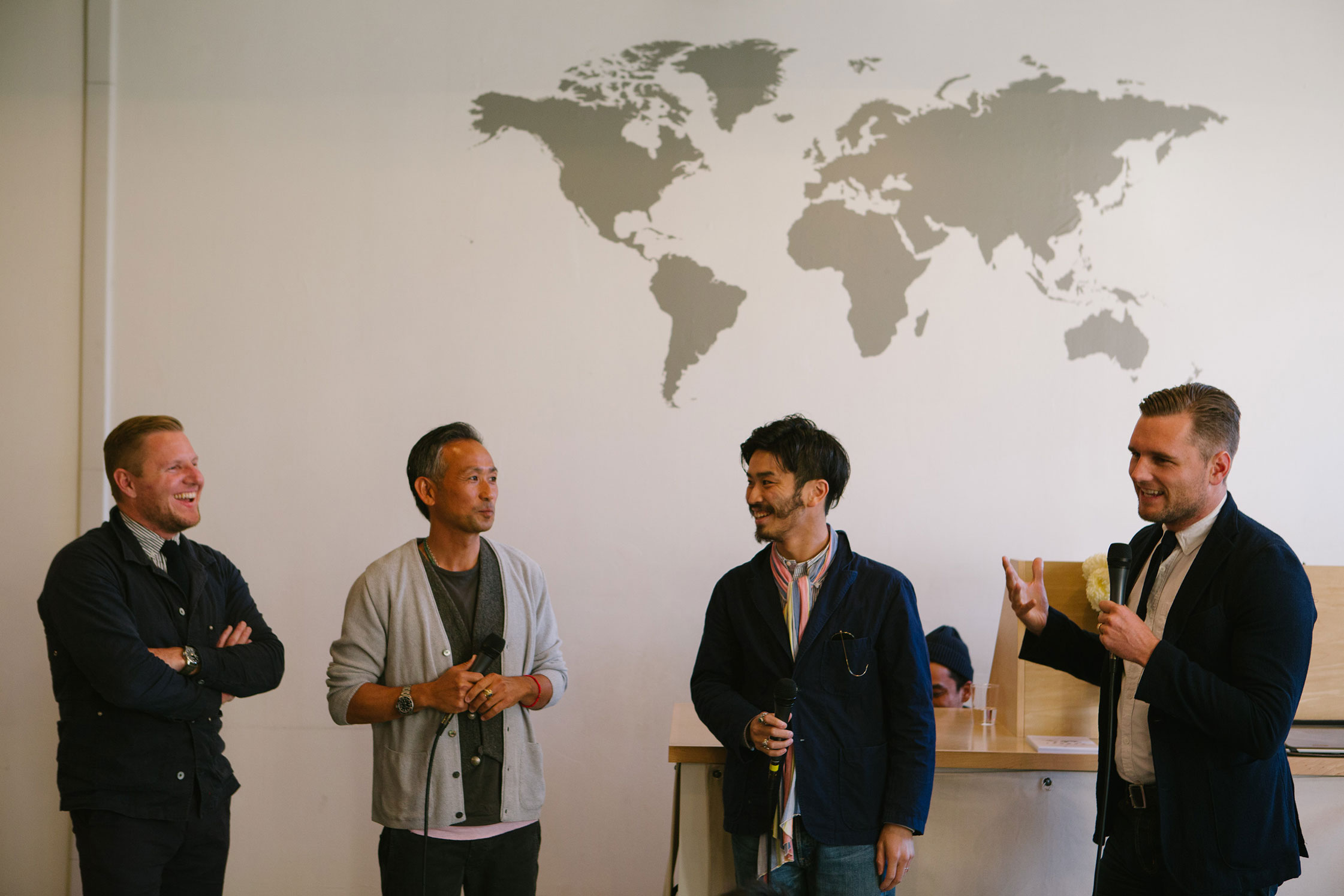
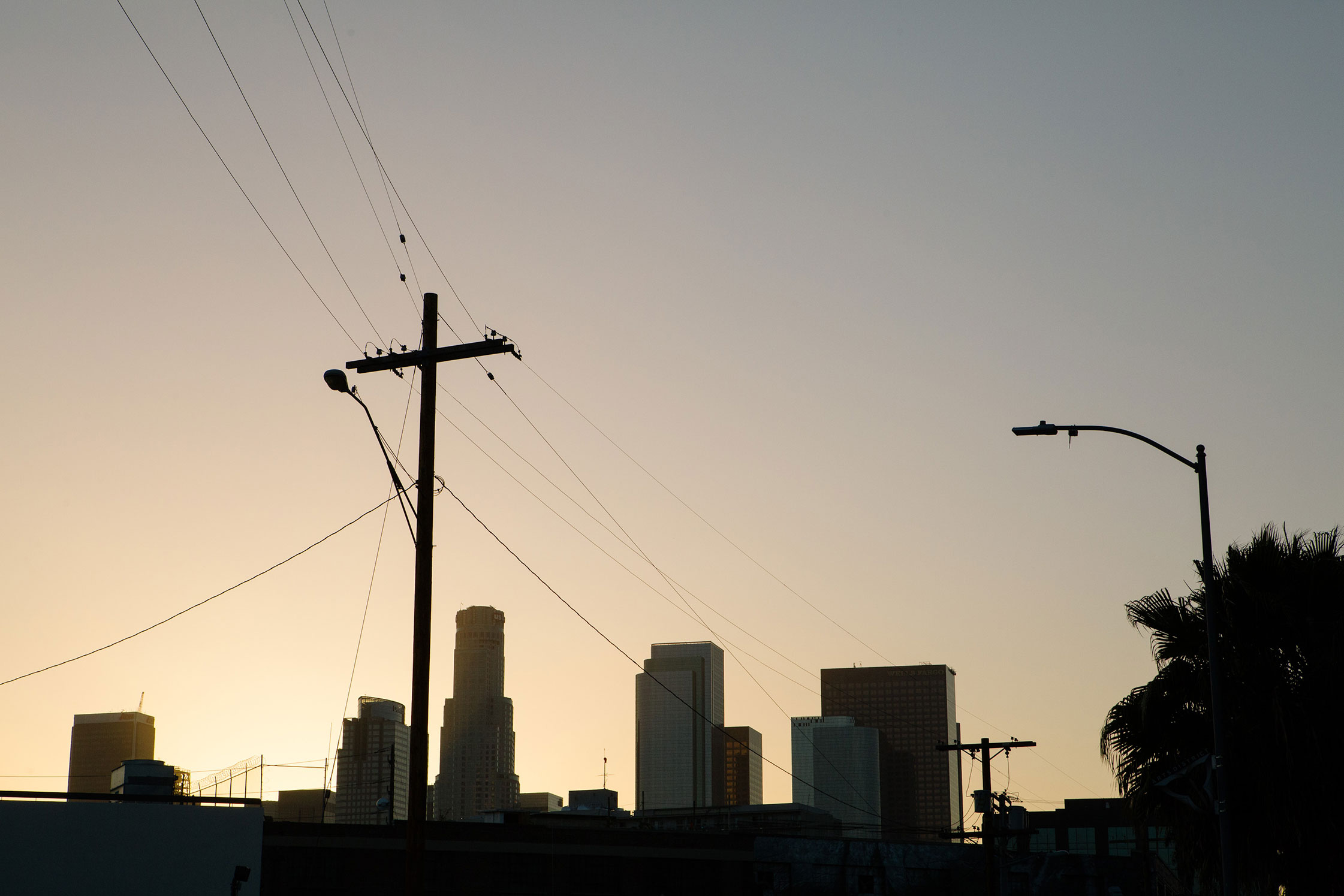
“Experiencing cultures through our work is a whole new way of engaging with a city or a community.”
Many of the fabrics sourced make their way to manufacturers around Europe and California, to become the timeless, detail-oriented Americana-style garments the brand is known for. And Apolis isn’t afraid to wear its heart upon its sleeves—or rather its tags—they’re proud of the international relationships that they’ve developed and provide the origin points for their fabrics and labor on each piece they make.
It remains an evolving and ever-expanding journey, full of challenges, triumphs and the occasional family skirmish. “It’s difficult. It’s amazing. It’s heightened on both sides. You can say things to your family that you probably wouldn’t say to anyone else, but then, you also have no option other than to get along.”
“Most of all,” he continues, “I love the variety of things that I get to touch on a daily basis, from Skype calls with our partners in Bangladesh to communicating with factories in Europe to looking at fabric swatches from our hand looms. The small company that we have is very agile—we wear a lot of hats, but that makes things very exciting. Also, experiencing cultures through our work is a whole new way of engaging with a city or a community. Developing those deep relationships, you become more than a guest. You’re a participant rather than a spectator.”
The Flowerboy cafe and florist project in Venice, California.
A neighborhood cafe, flower shop, and curated retail space.
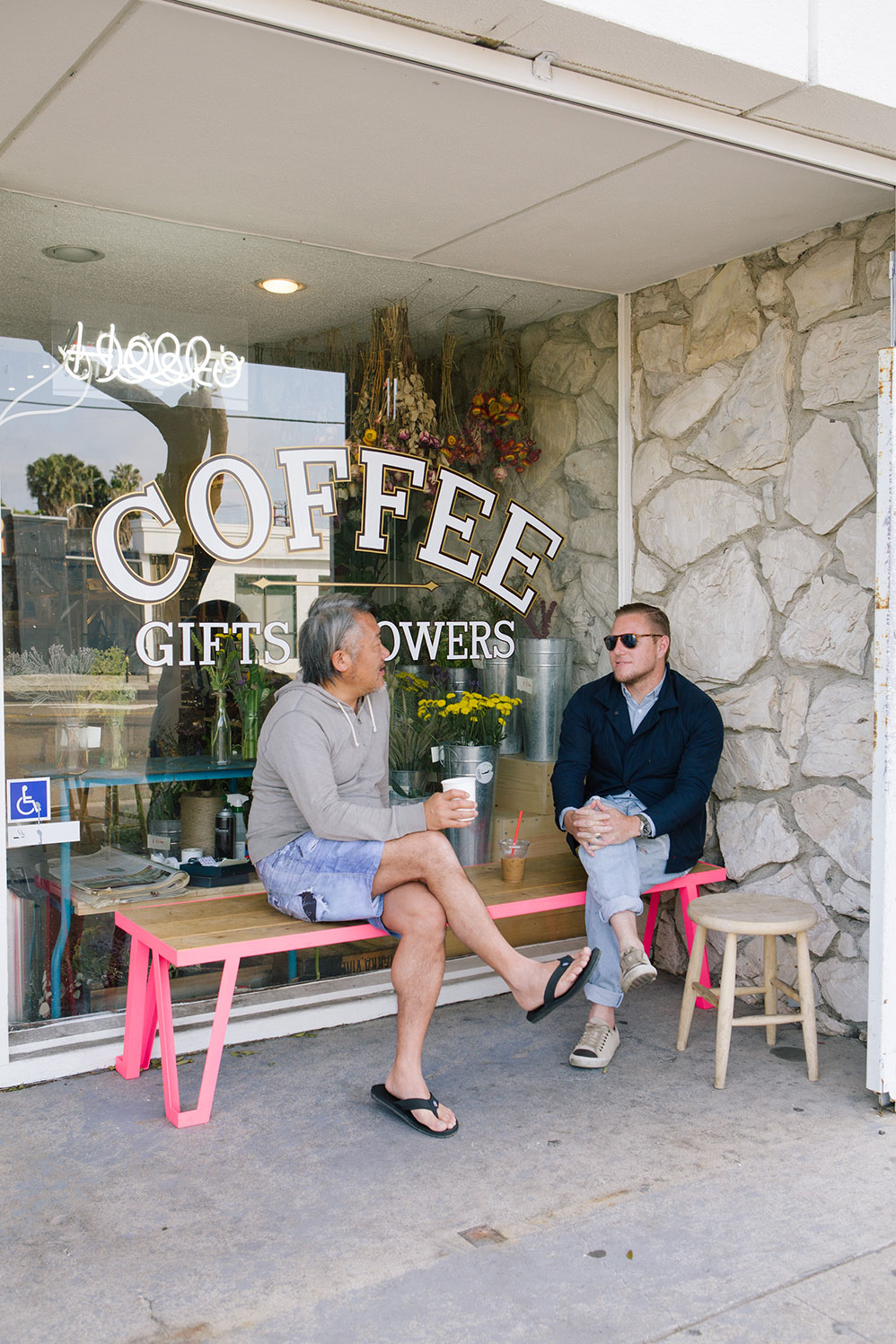
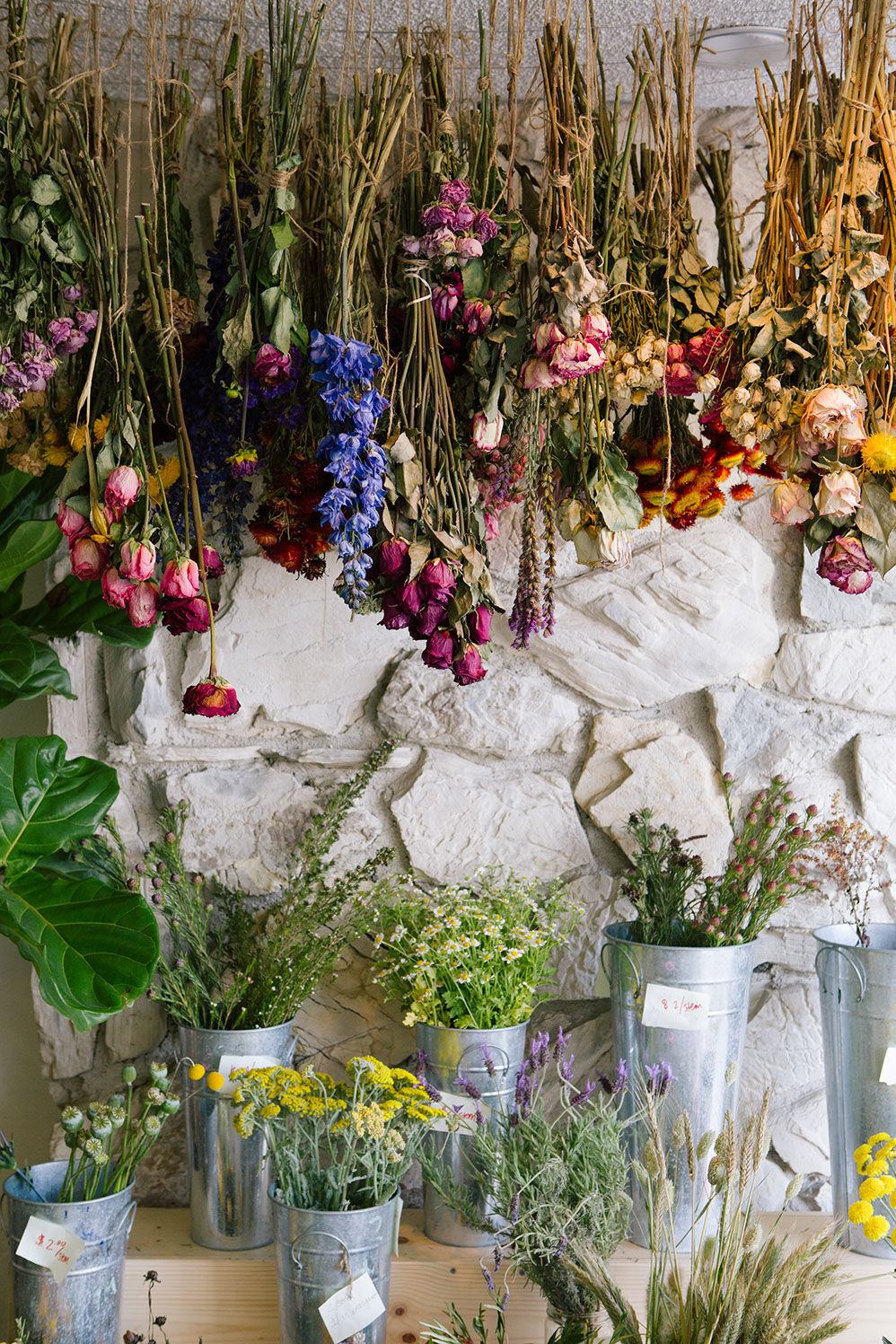
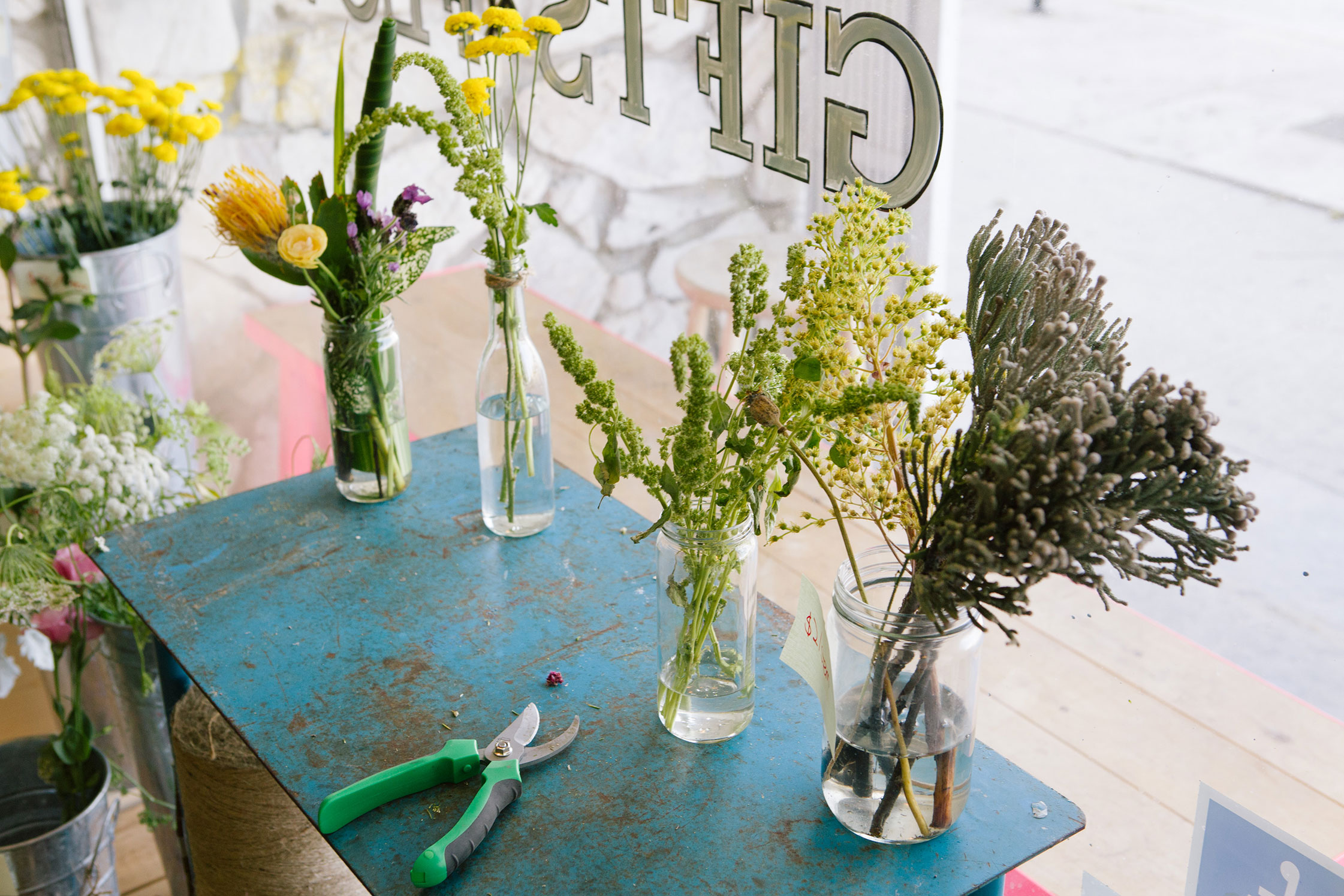
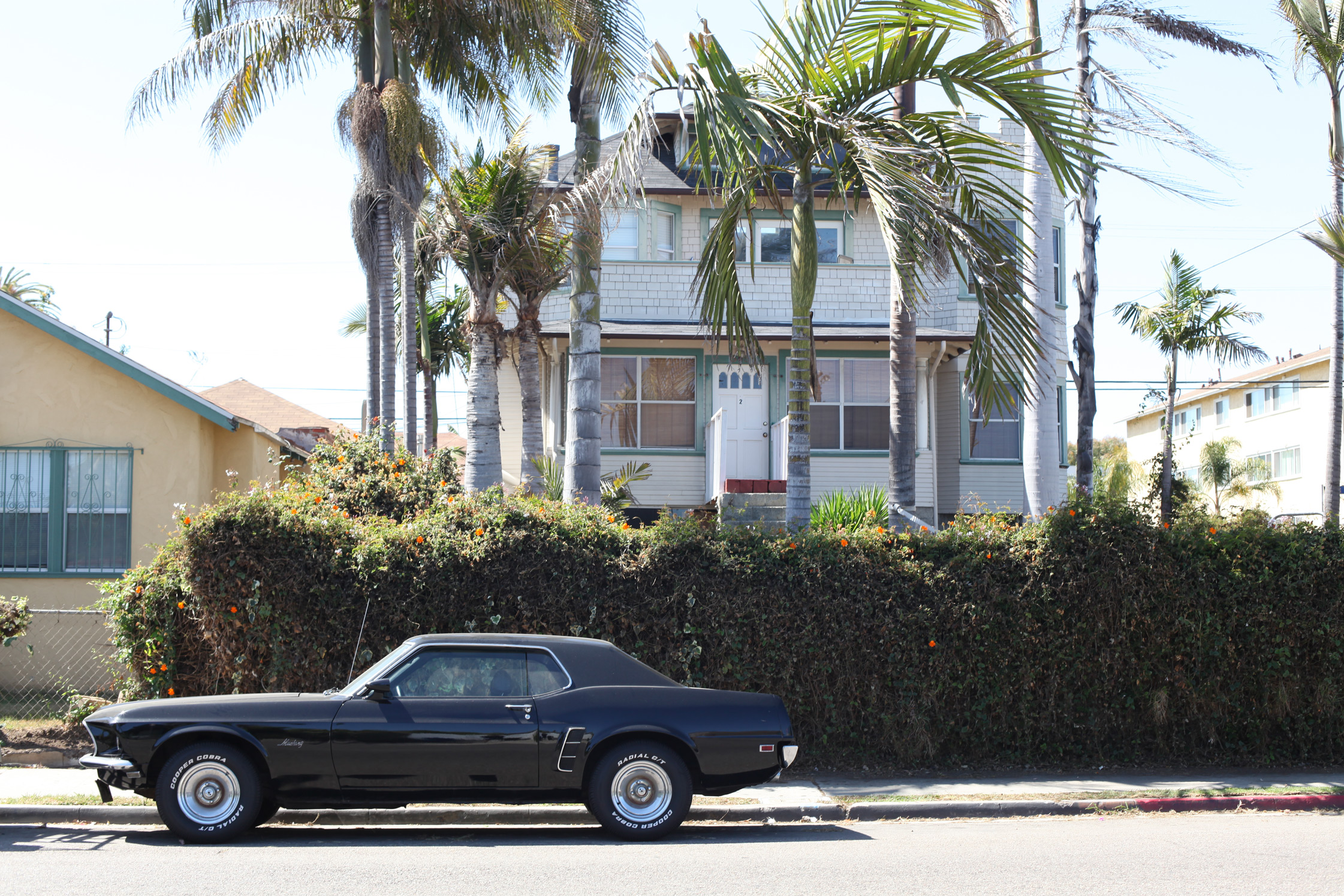
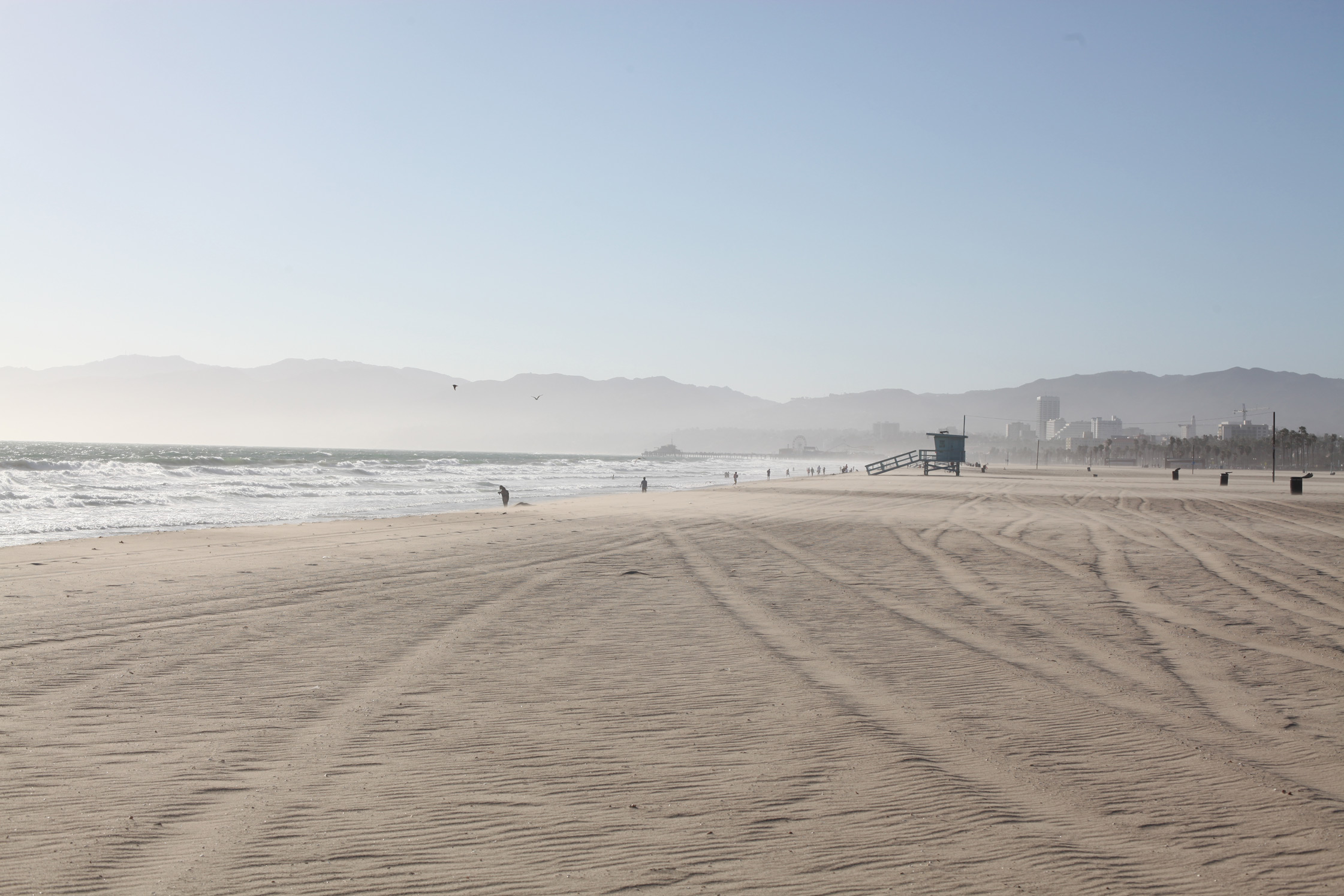
West Hollywood’s A Street Af(Fair) curated by Parachute Market
An outdoor marketplace with a European feel in the heart of L.A.’s design district
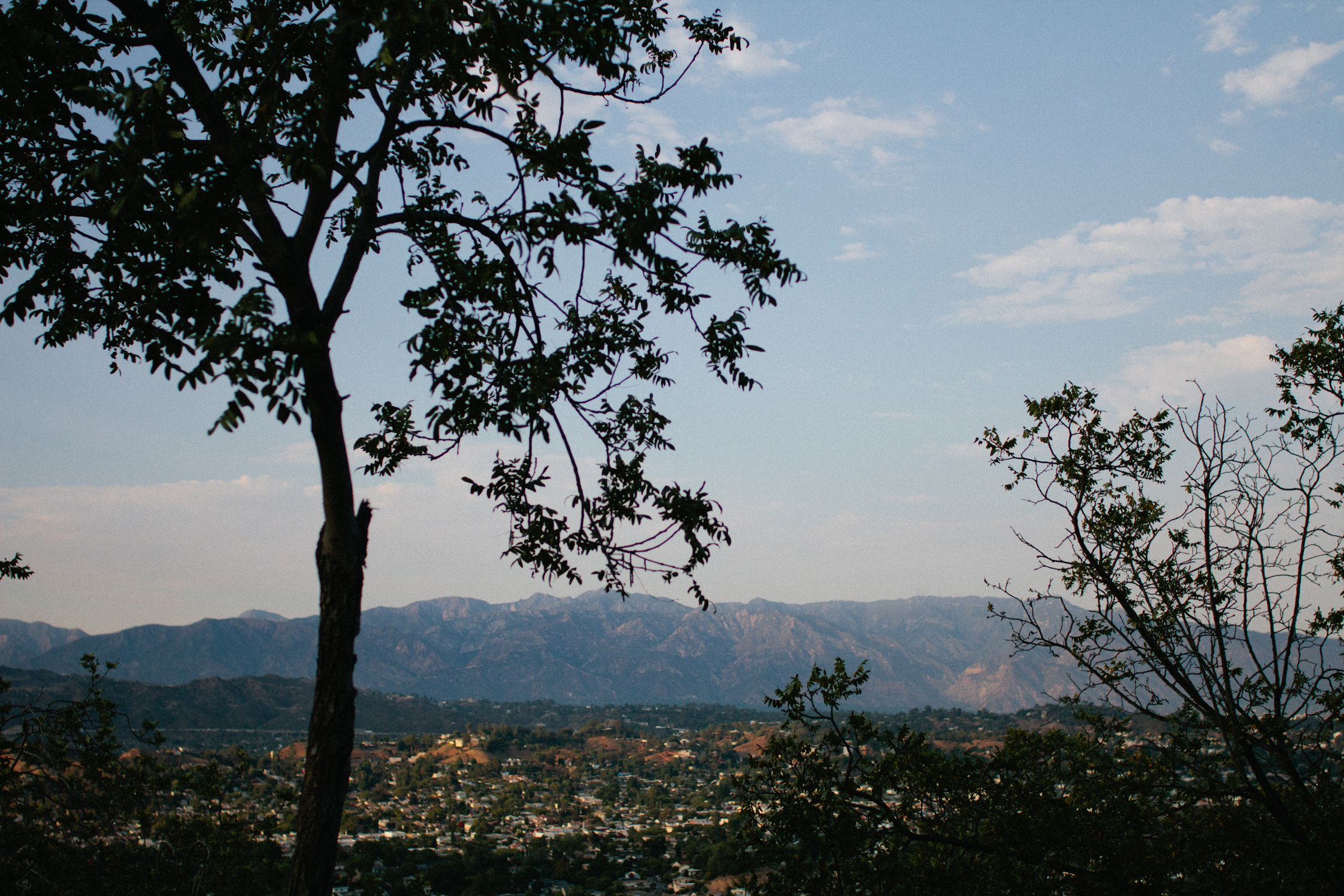
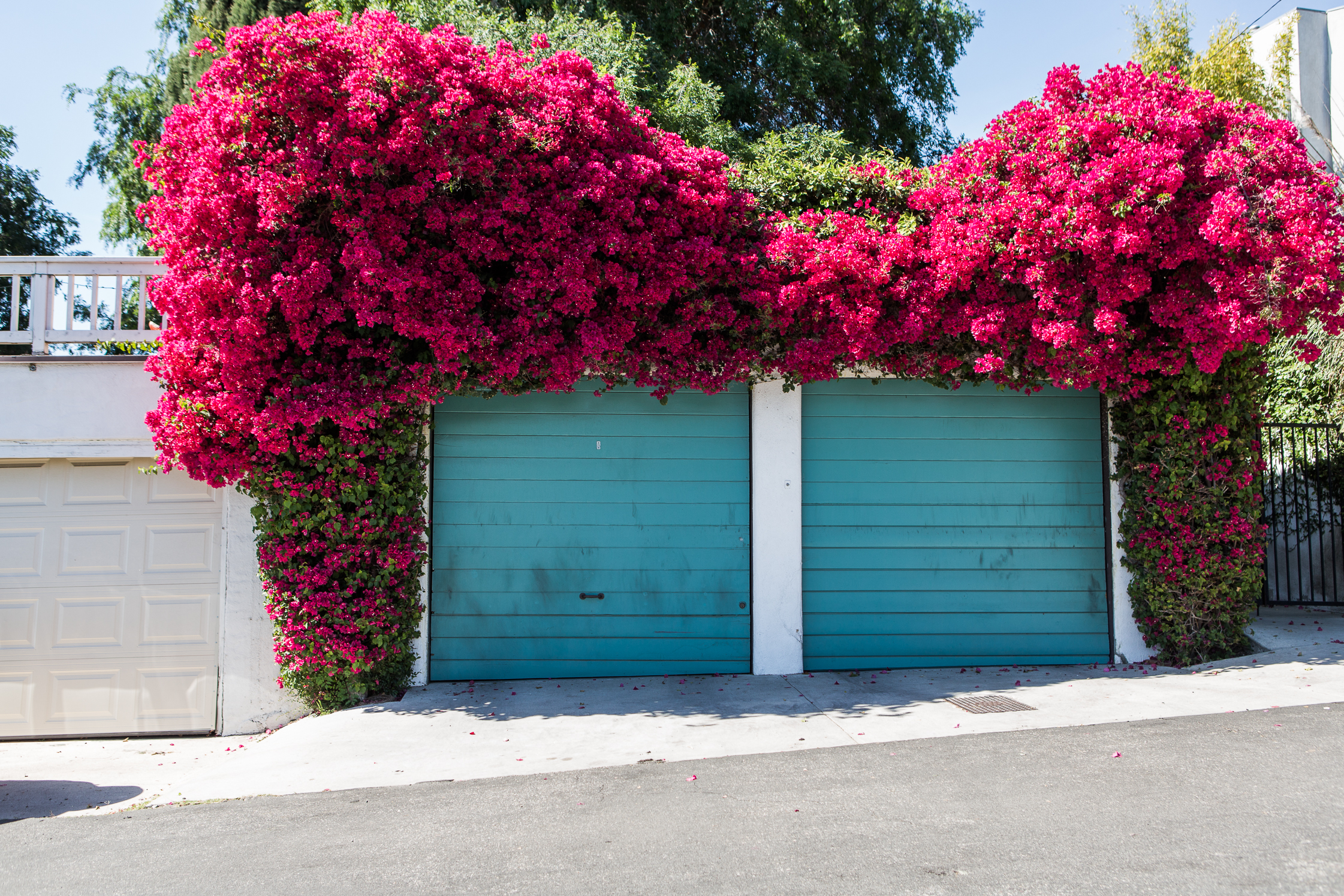
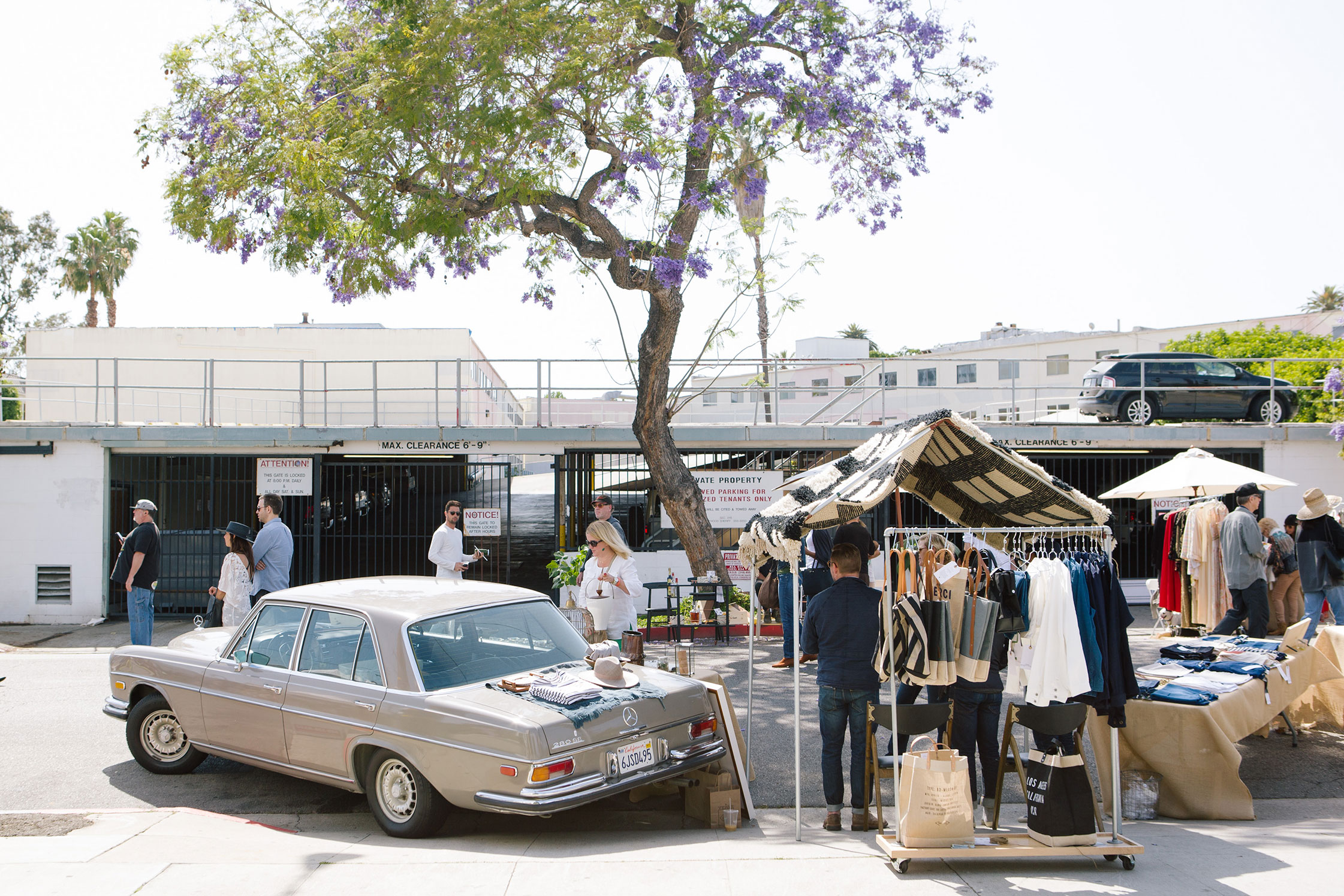
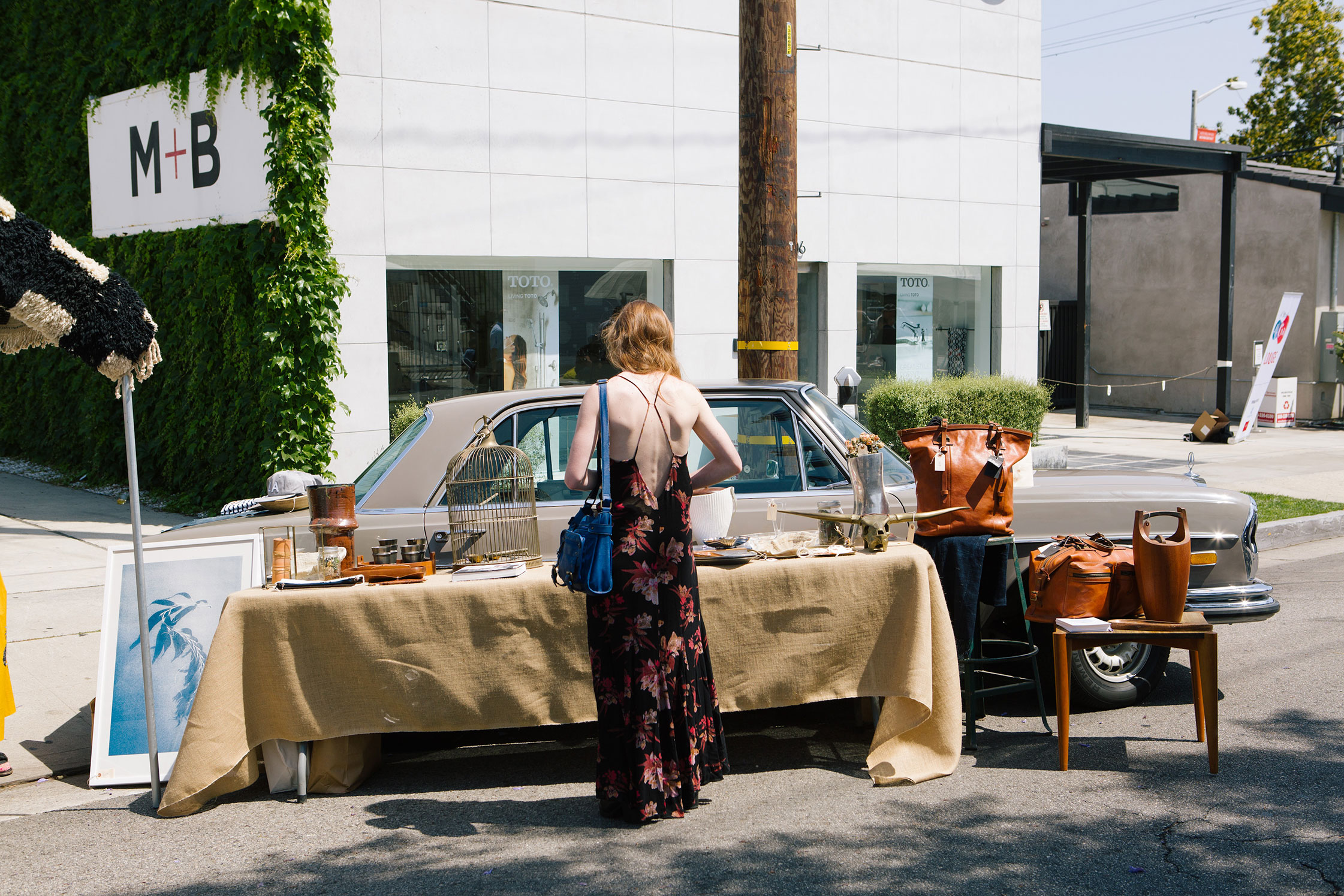
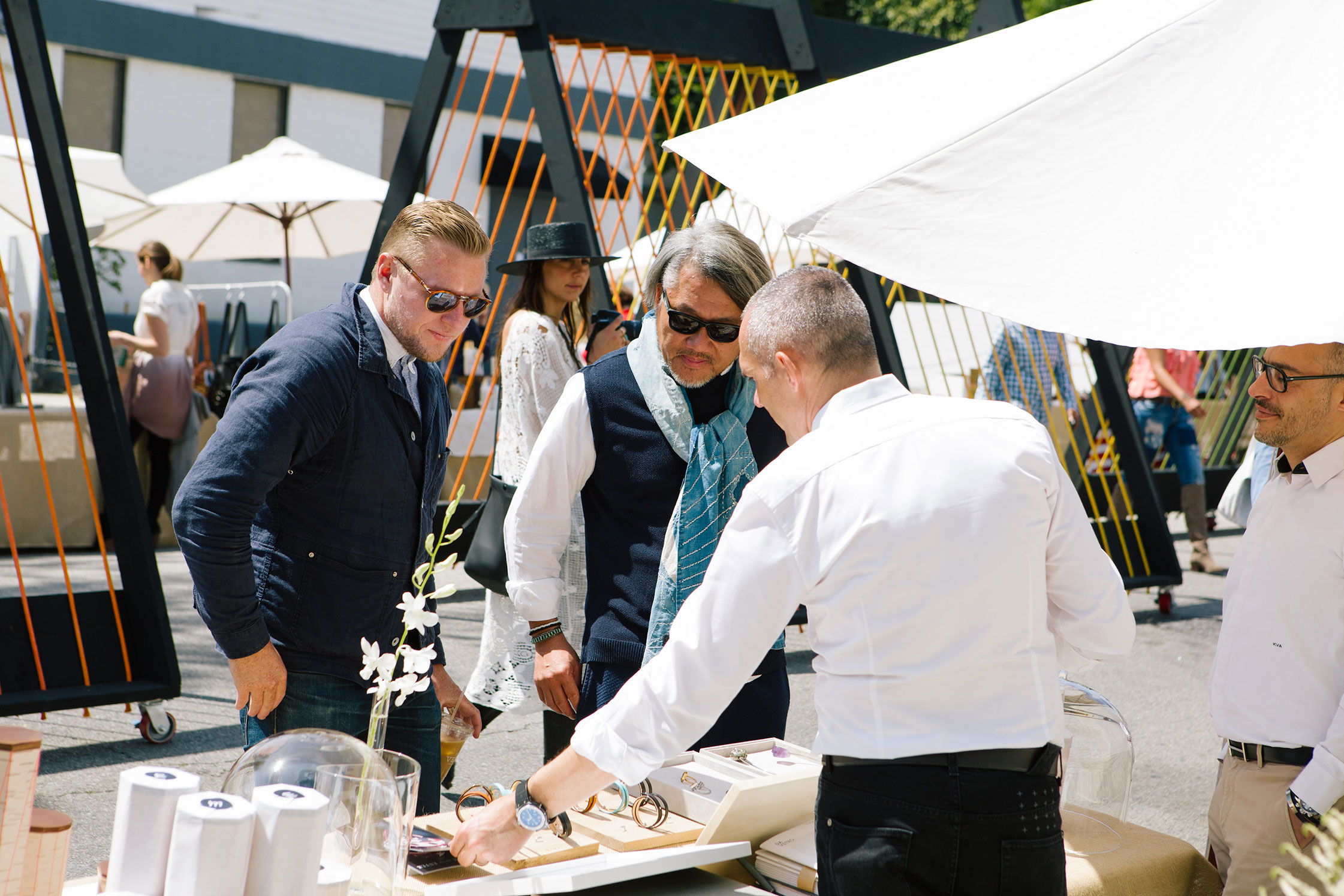
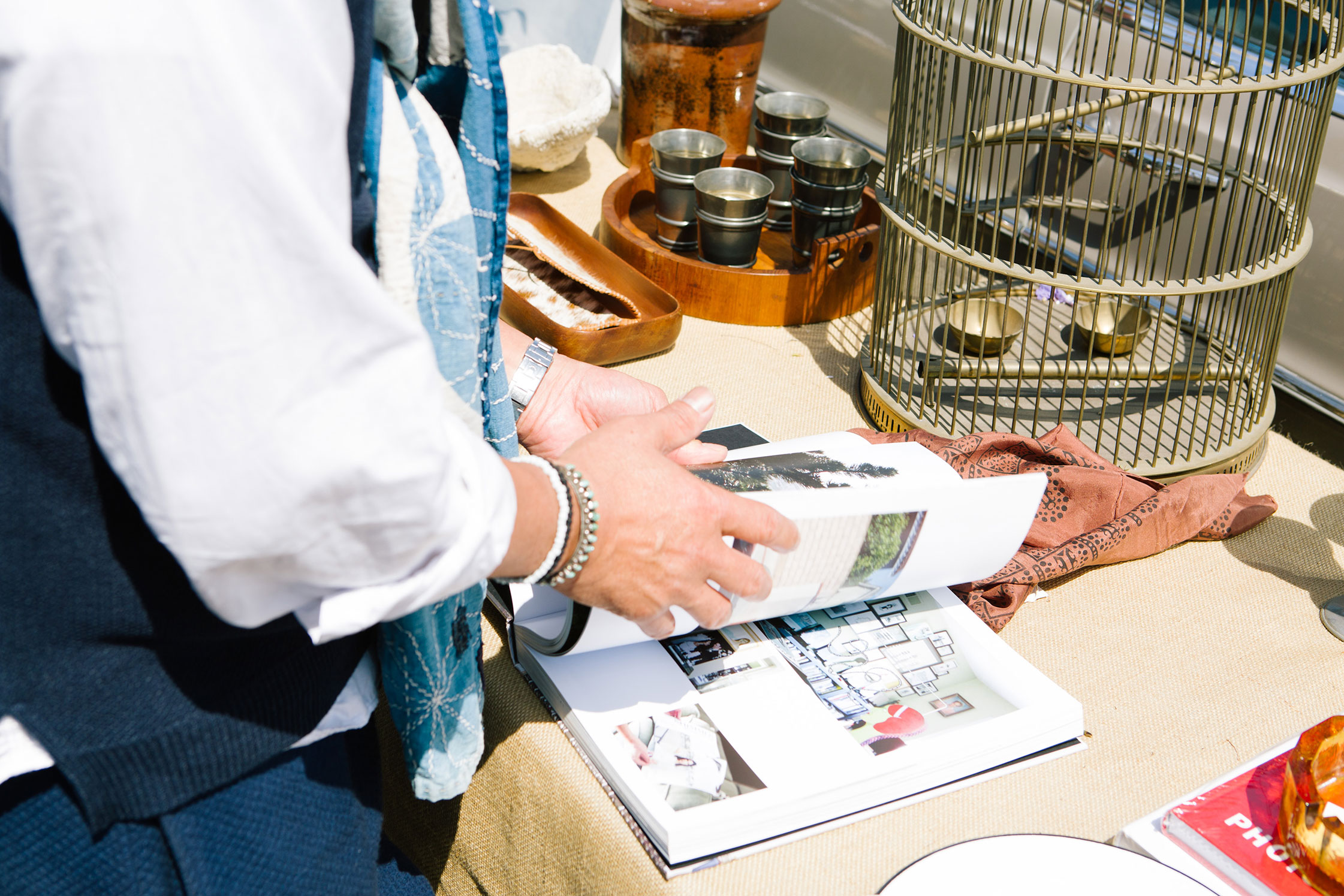
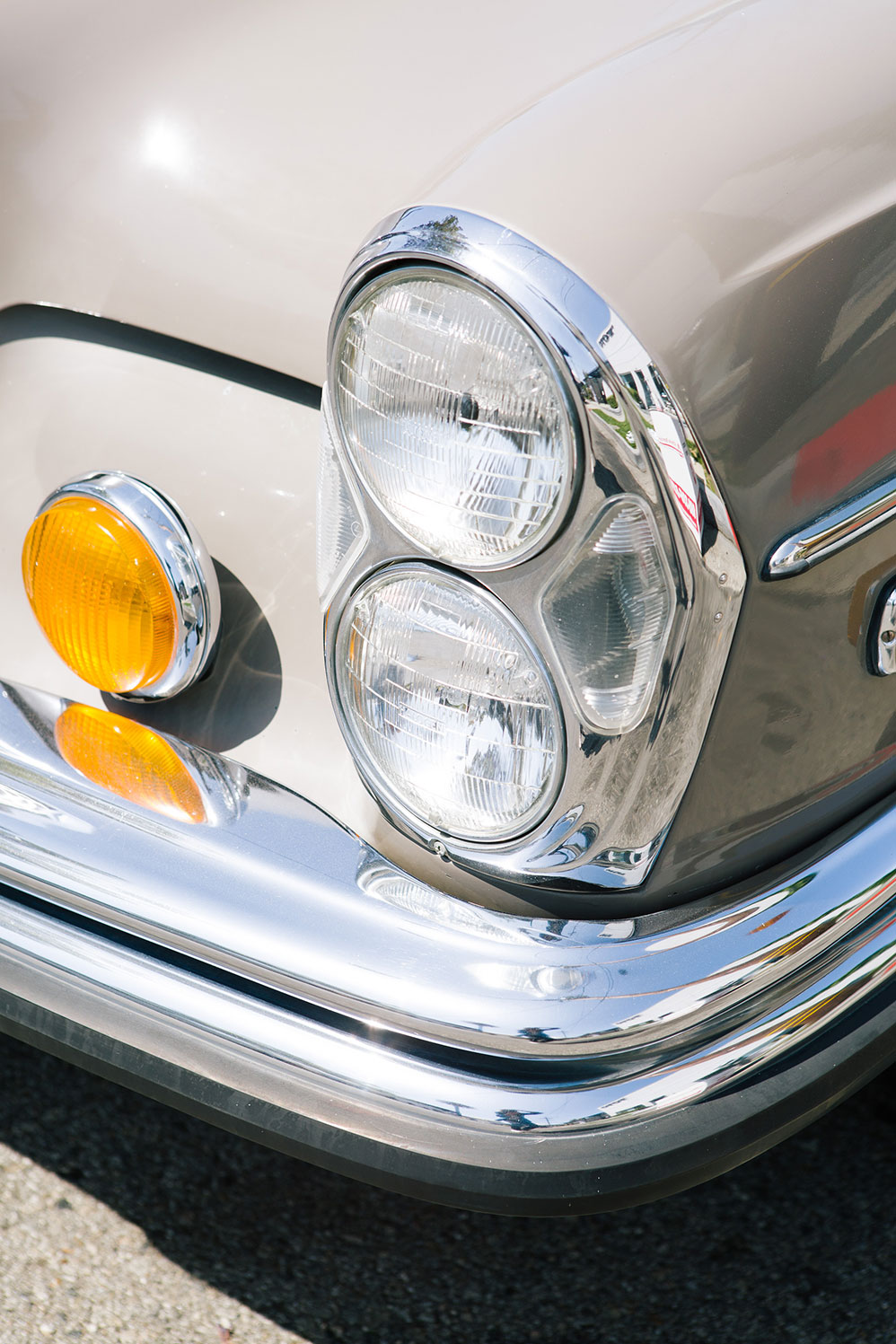
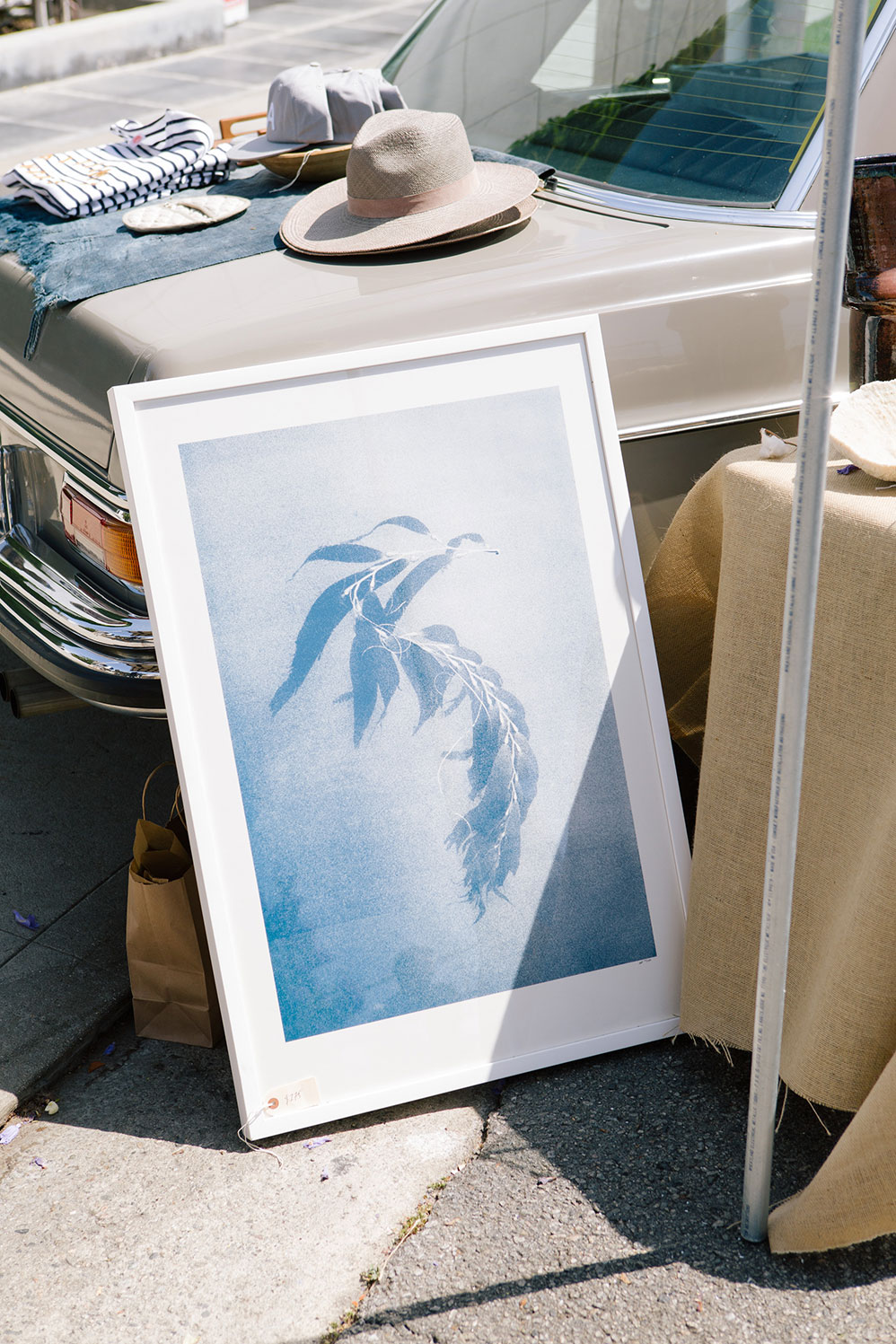
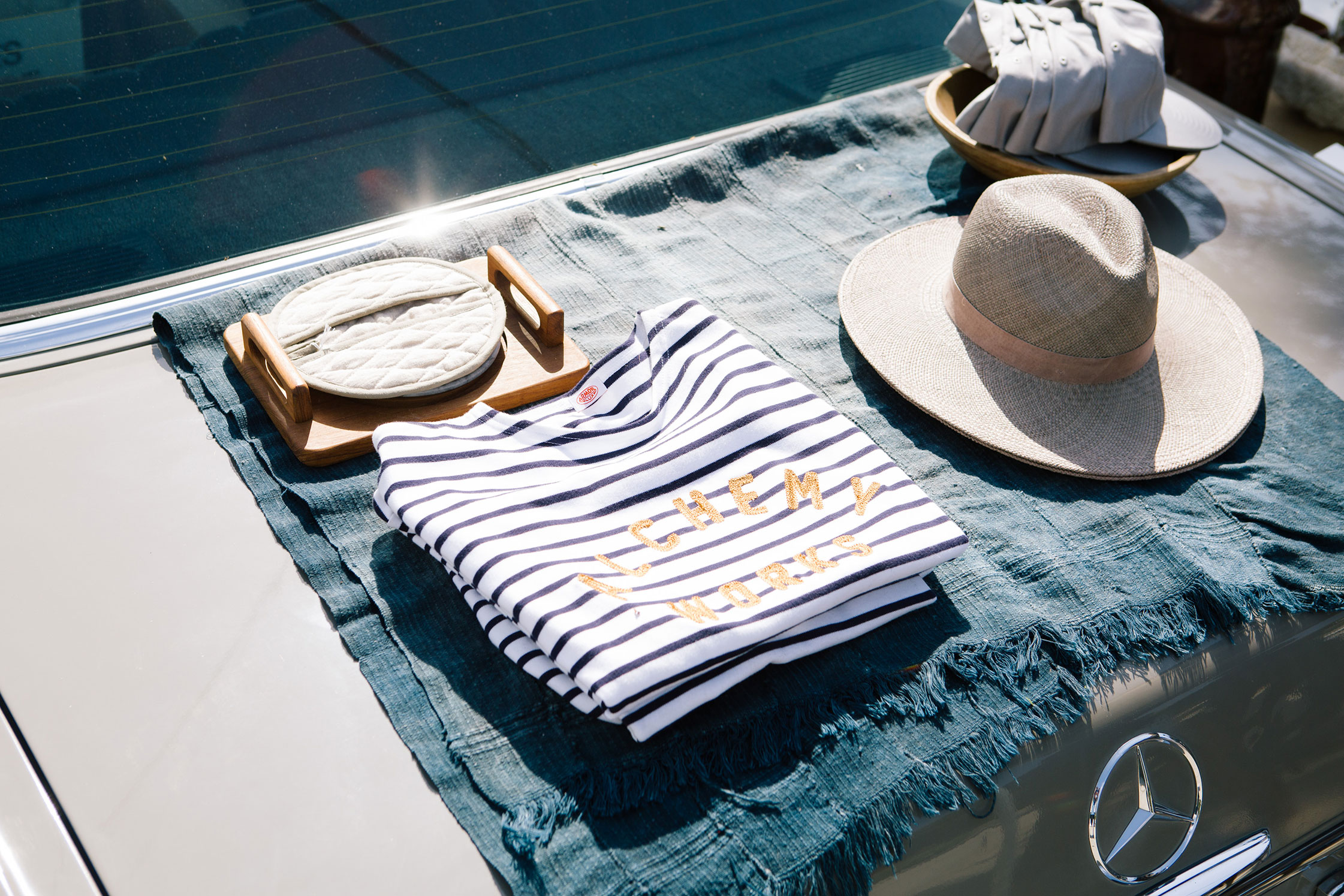
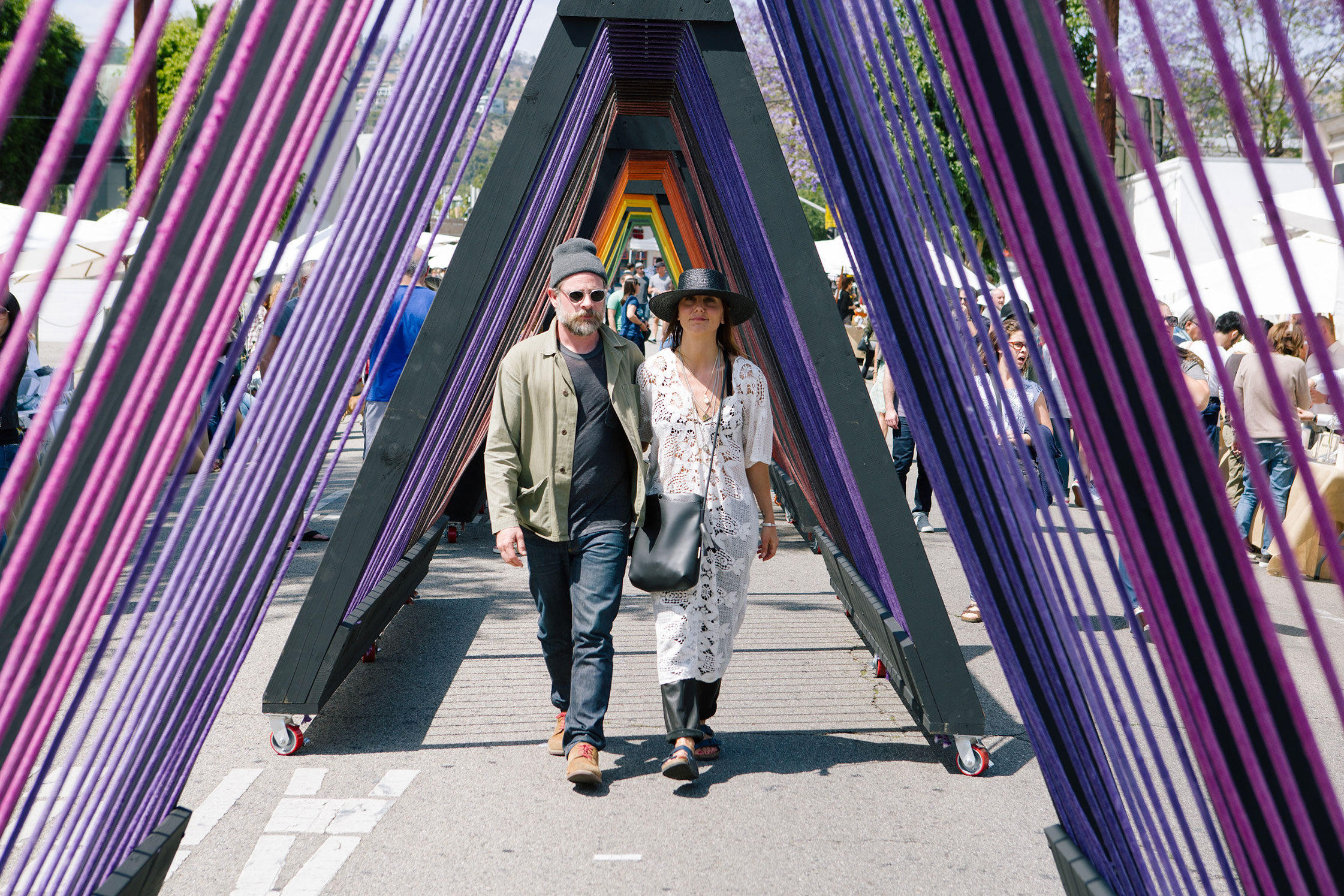
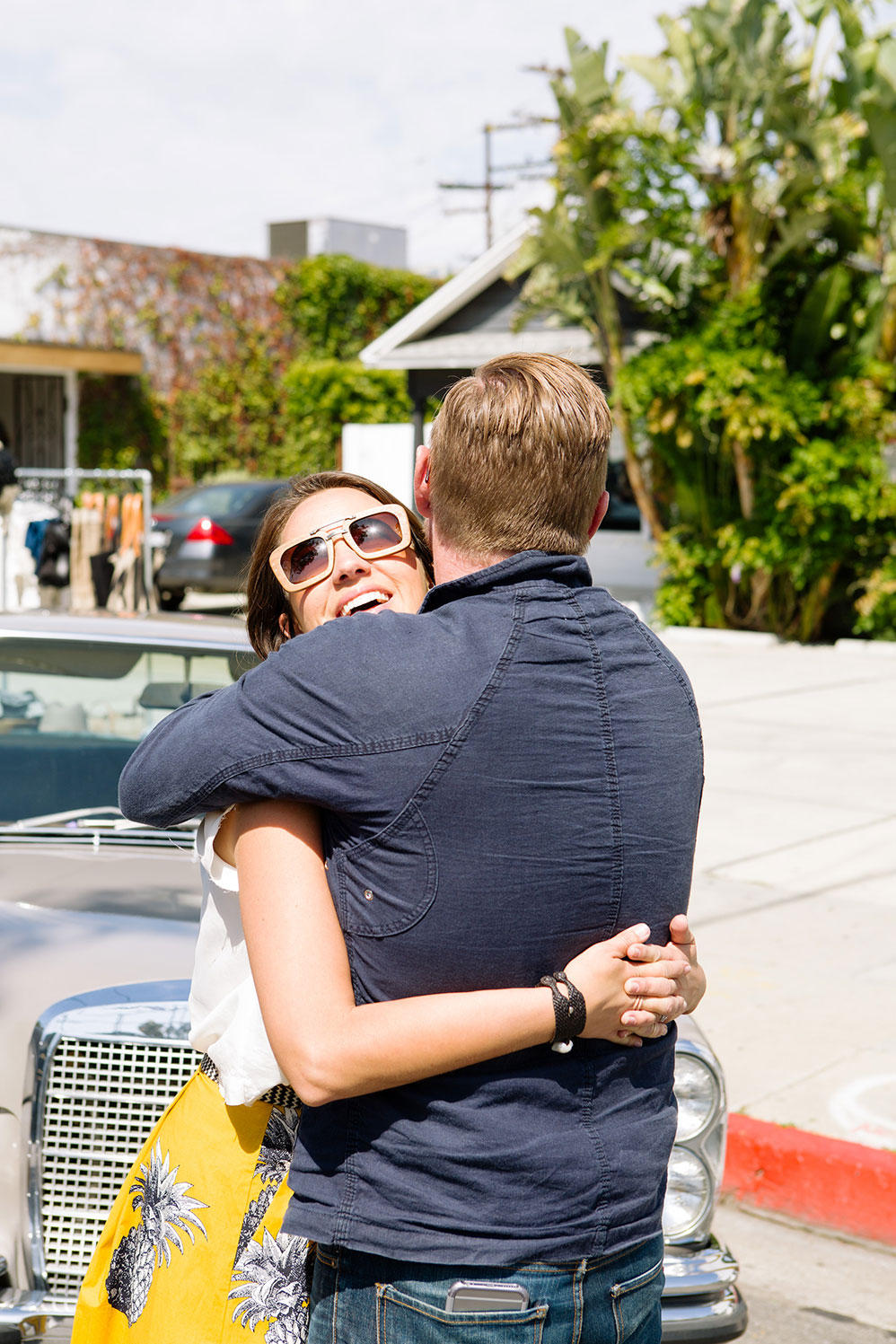
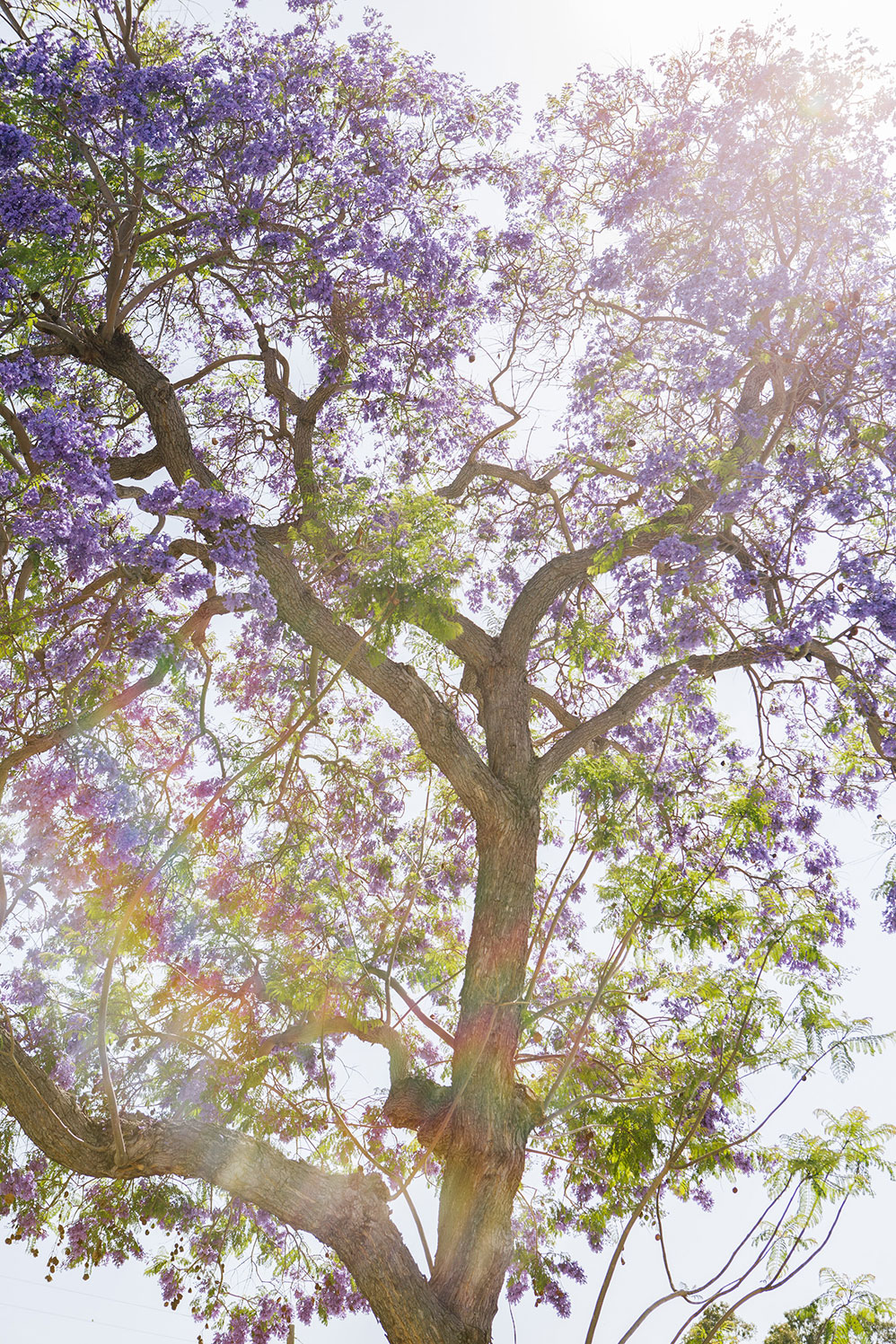

“L.A. really celebrates passion more than pedigree.”
Establishing a home base in Los Angeles, a city all three brothers now call home, has proven especially rewarding, as well. “LA really celebrates passion more than pedigree,” says Raan. “A lot of my friends working in fashion in New York have worked for larger companies before branching off into their own projects. We have zero expertise—just an obsession for making things, and passion. Also, California is becoming more and more diverse, which is something we look for because it’s how we saw the world from an early age. In L.A., so many different cultures are represented, and it’s exciting to watch that evolve. There’s no other place we could do what we do.”
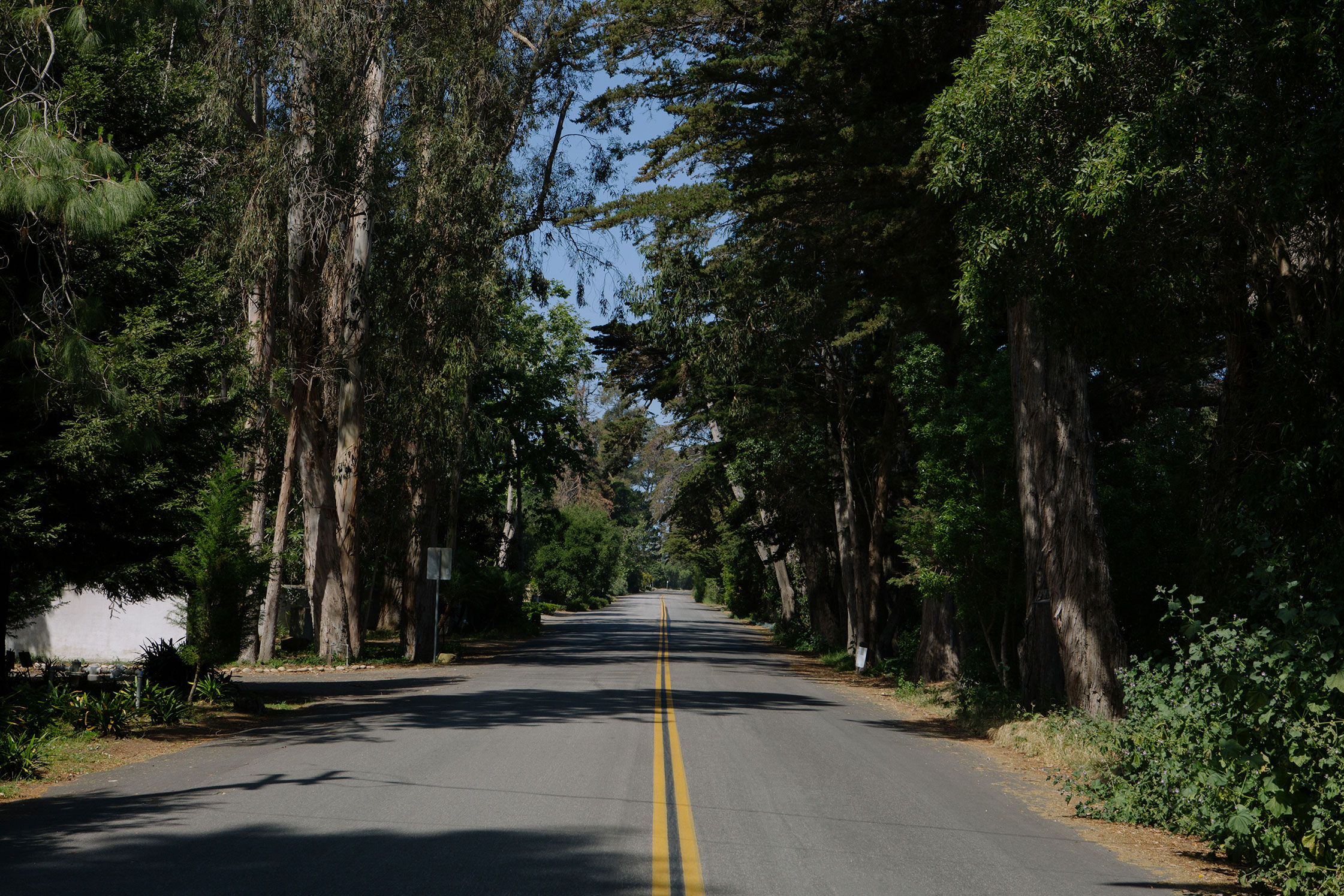
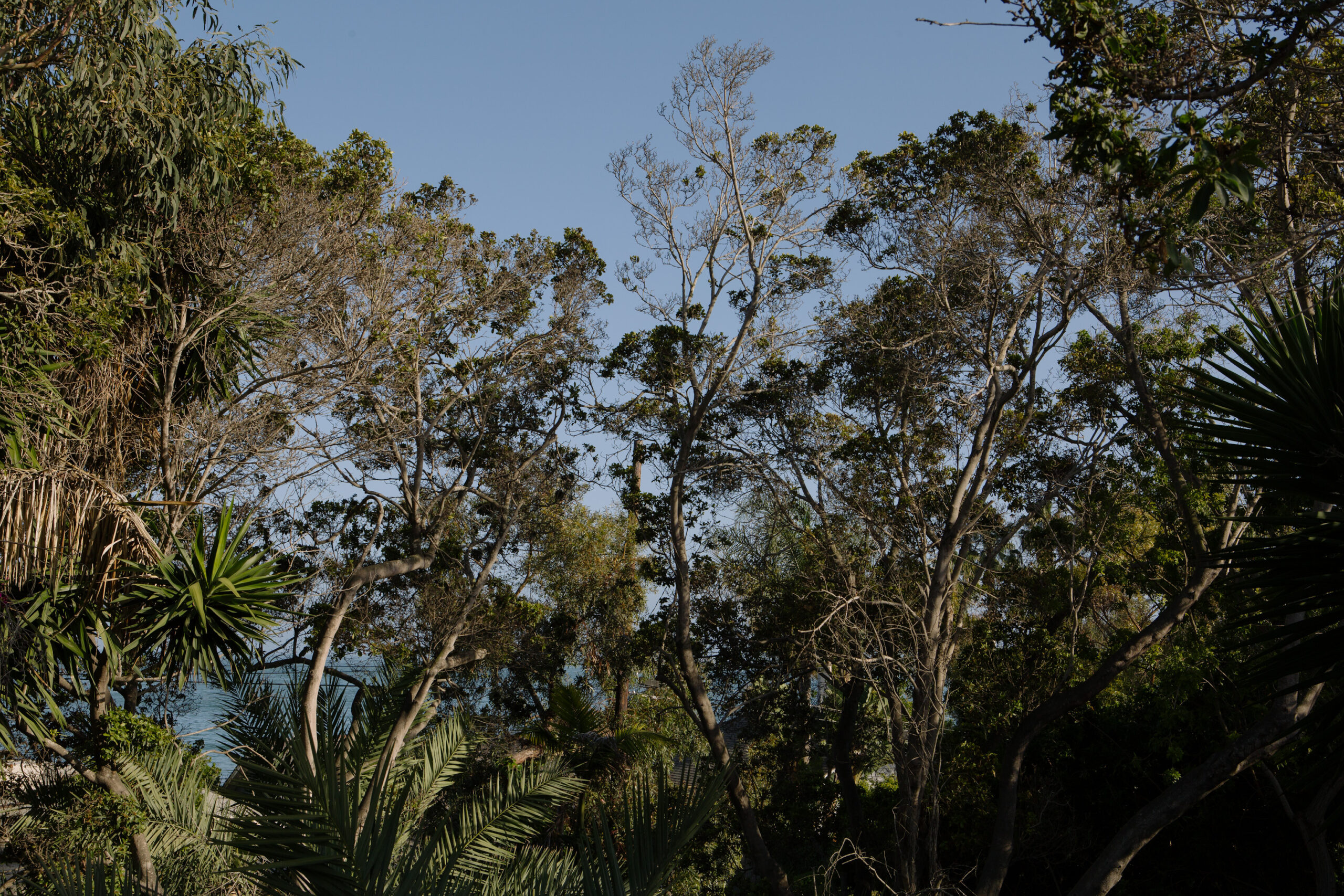
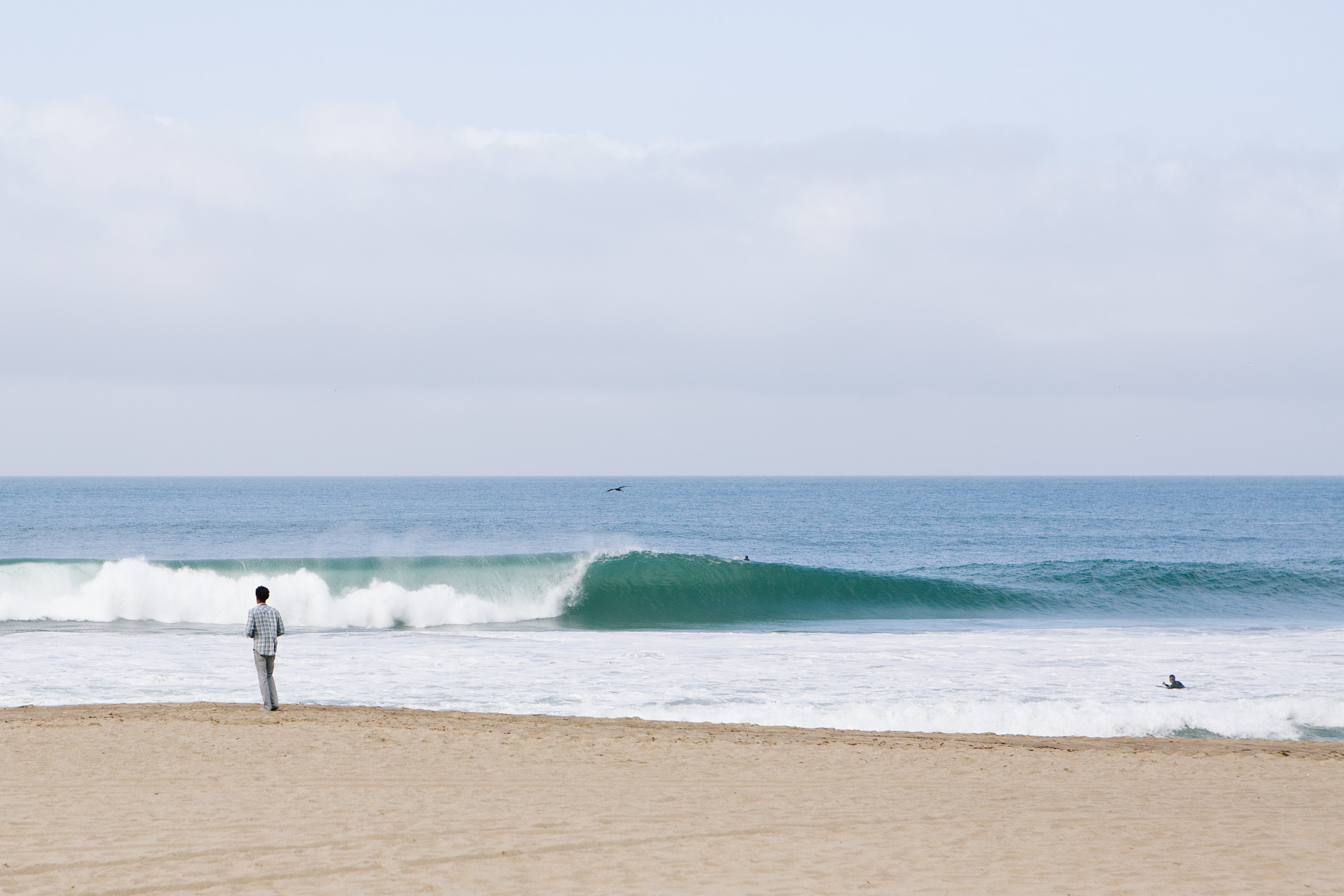
Raan and Ken head to Santa Barbara for an evening surf
